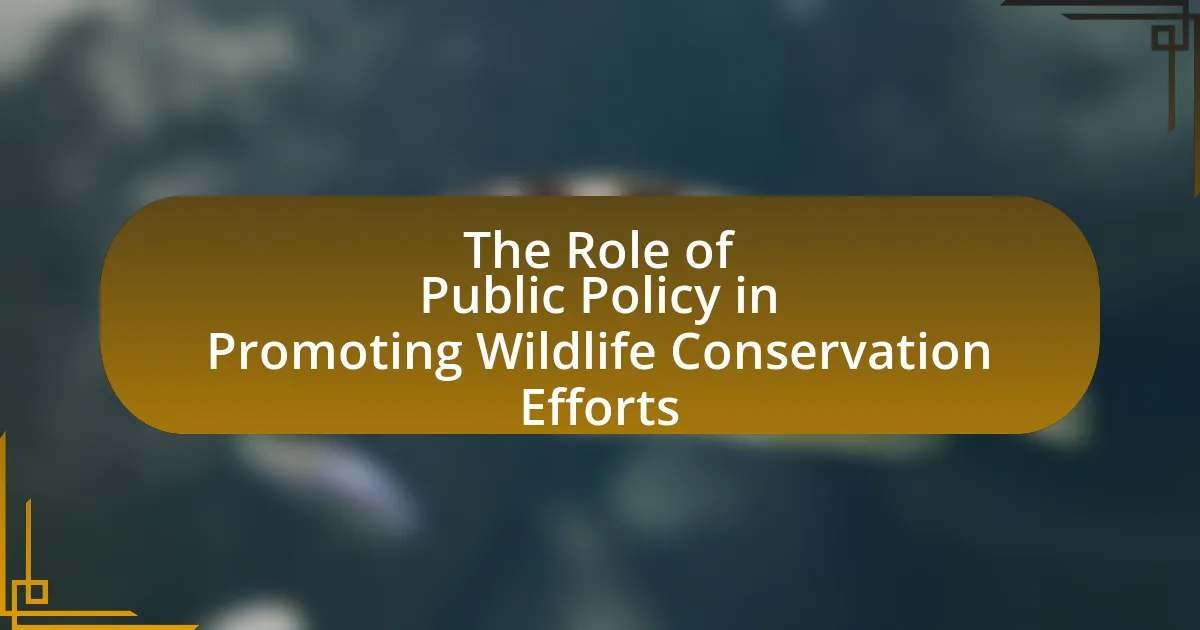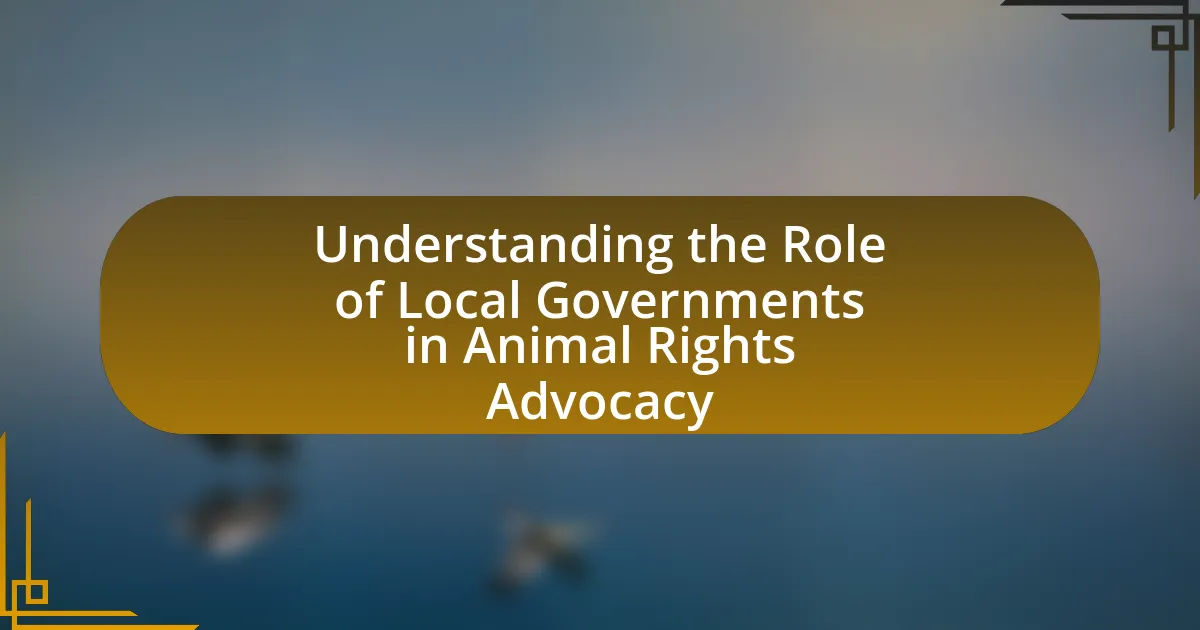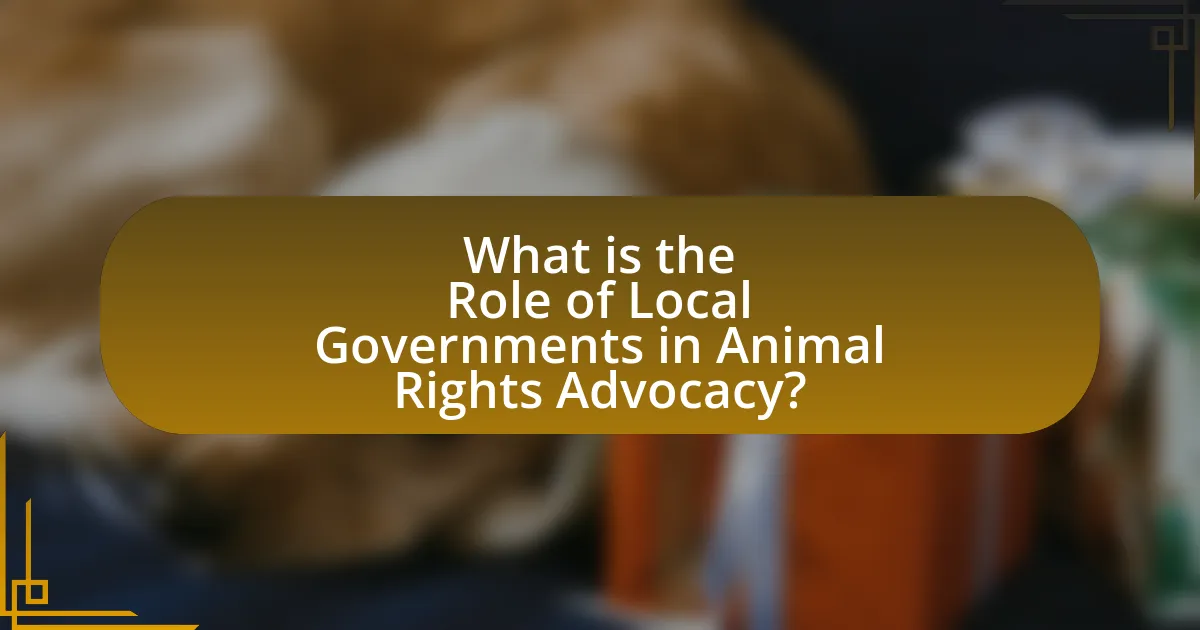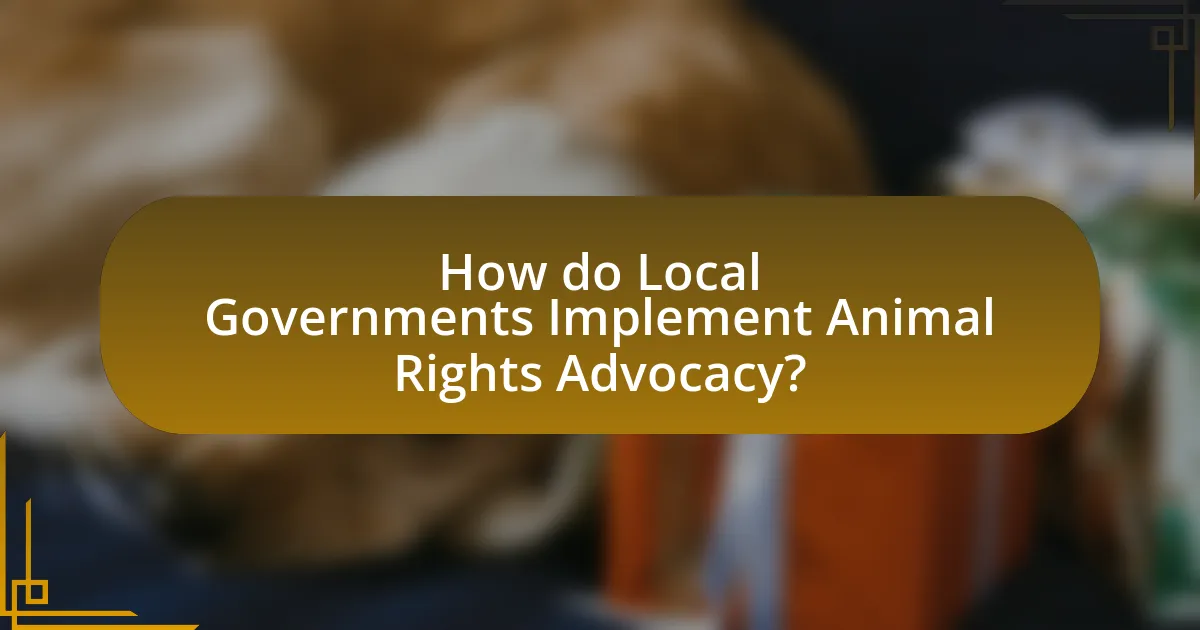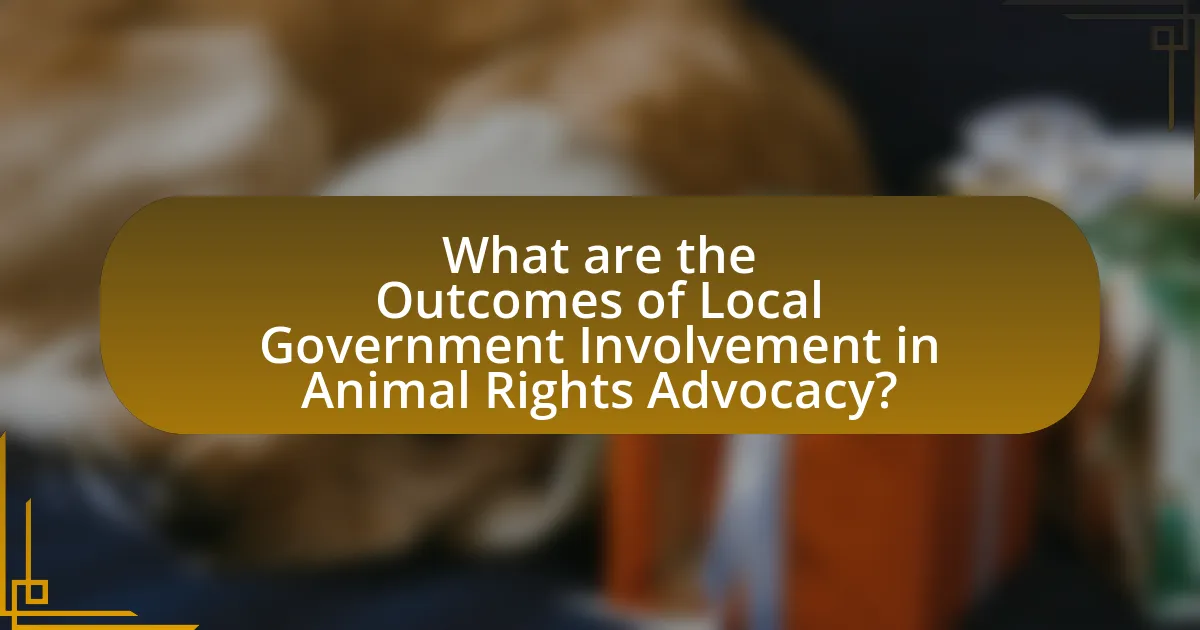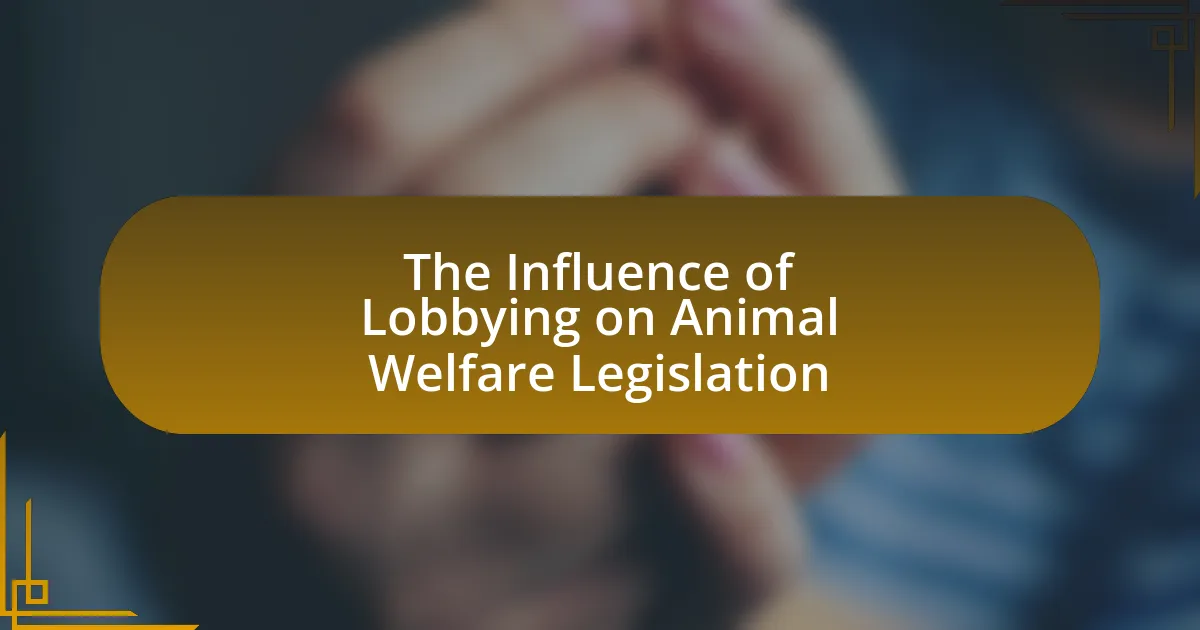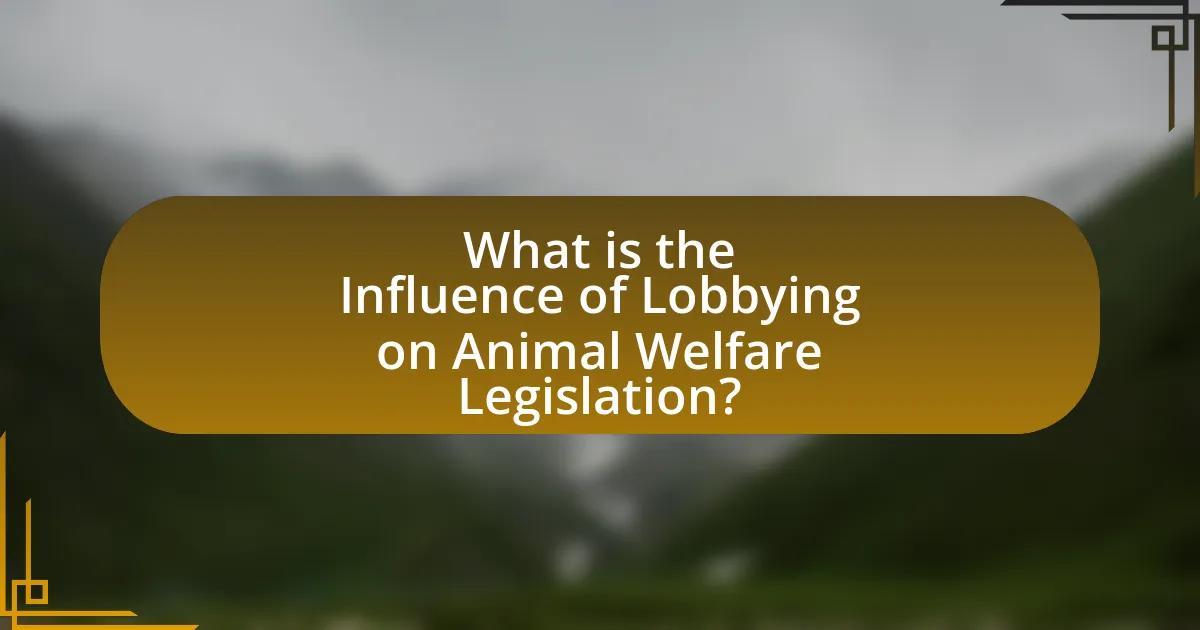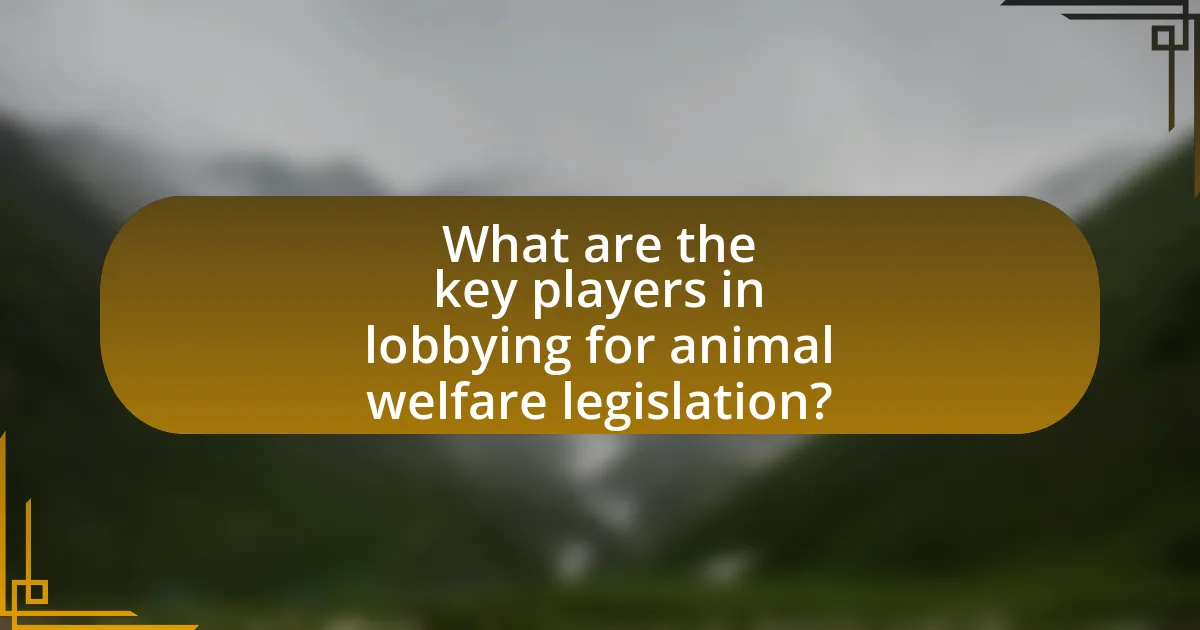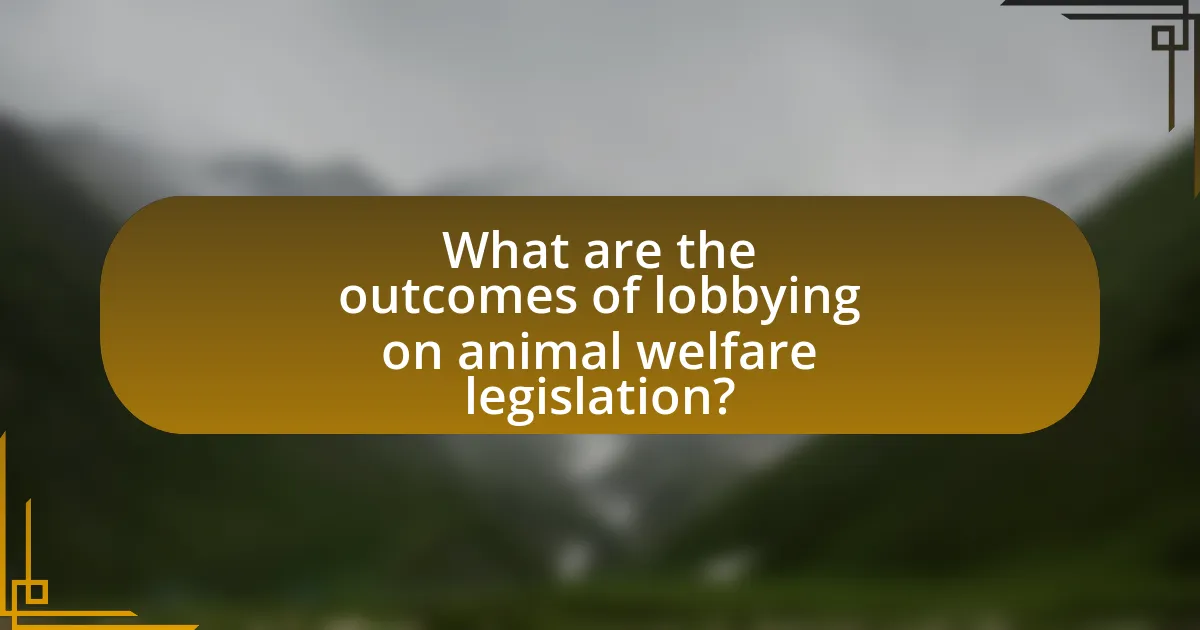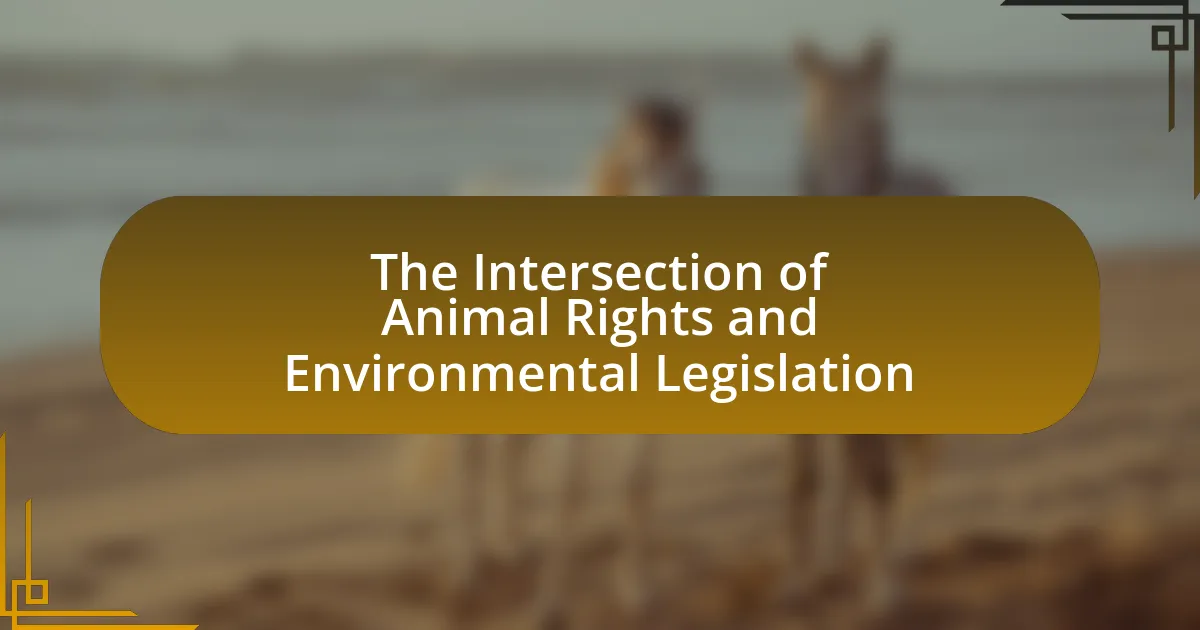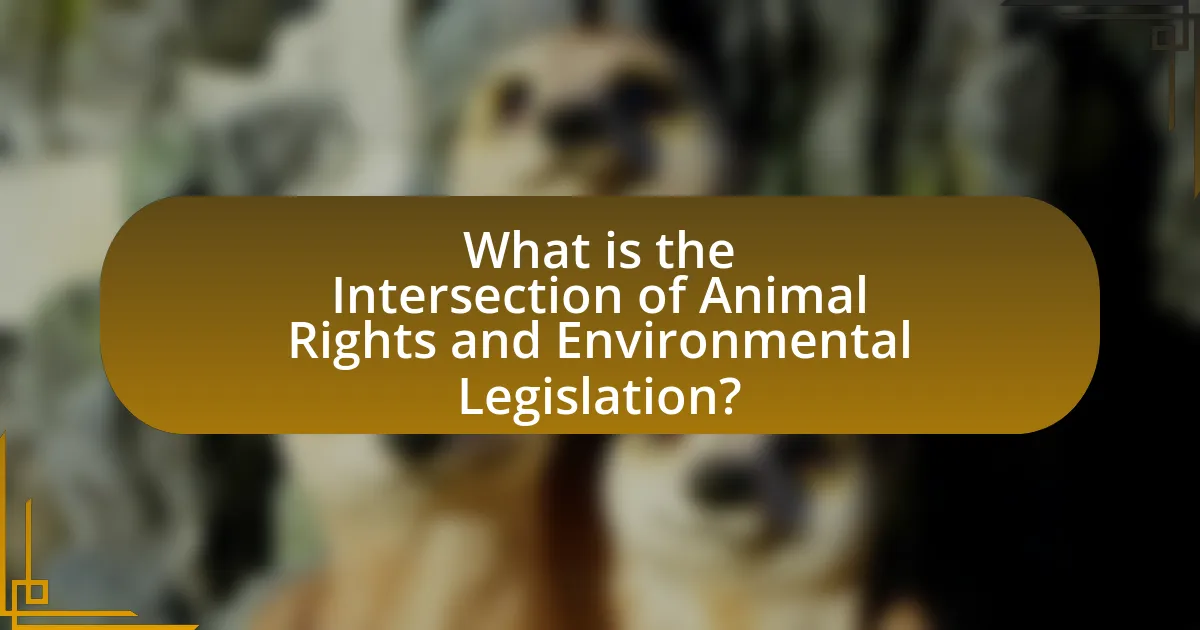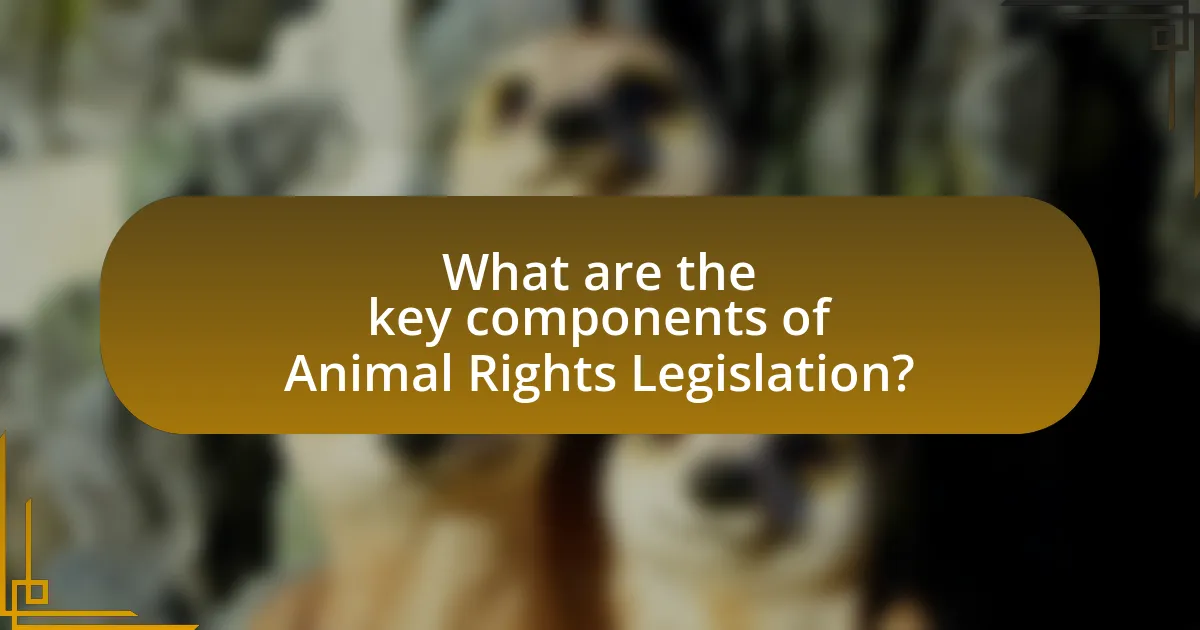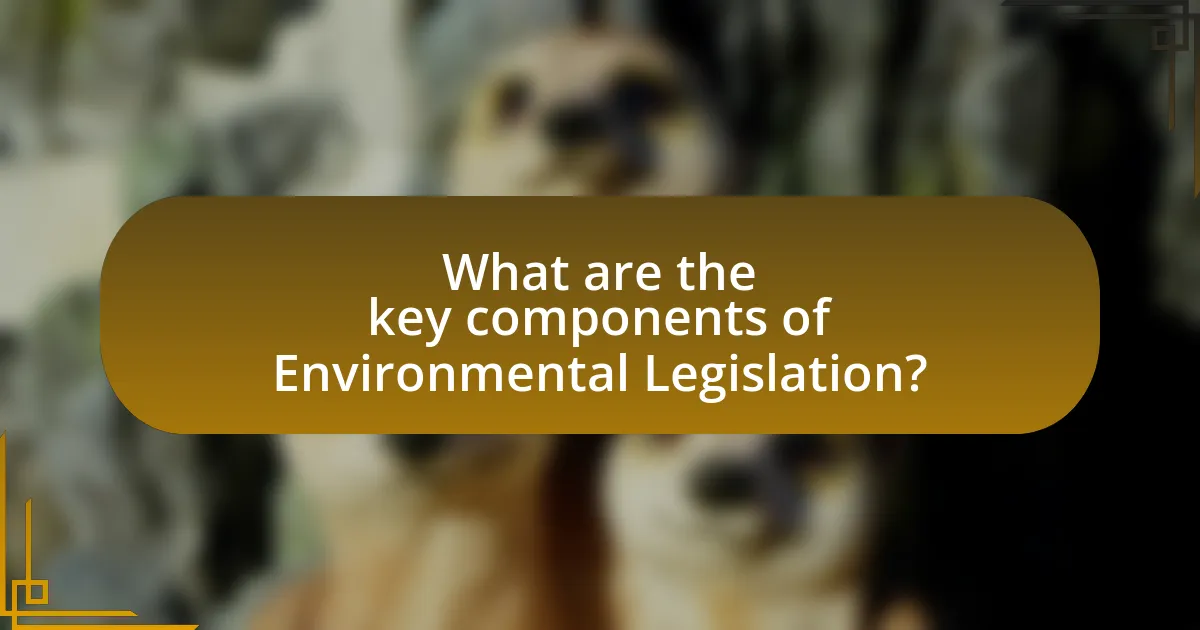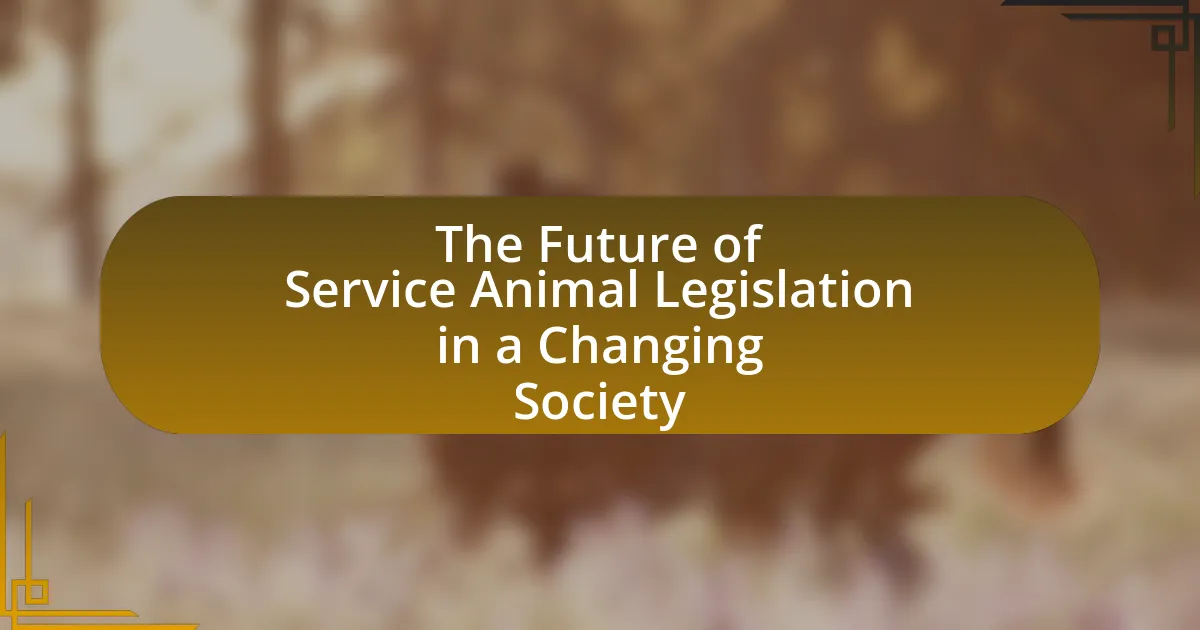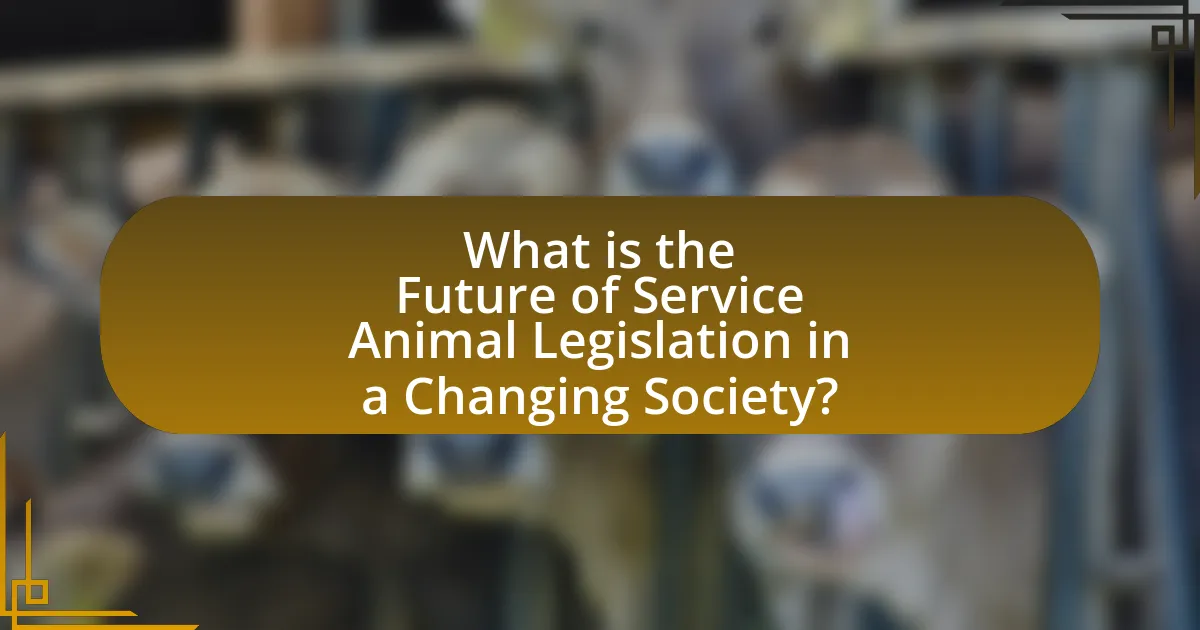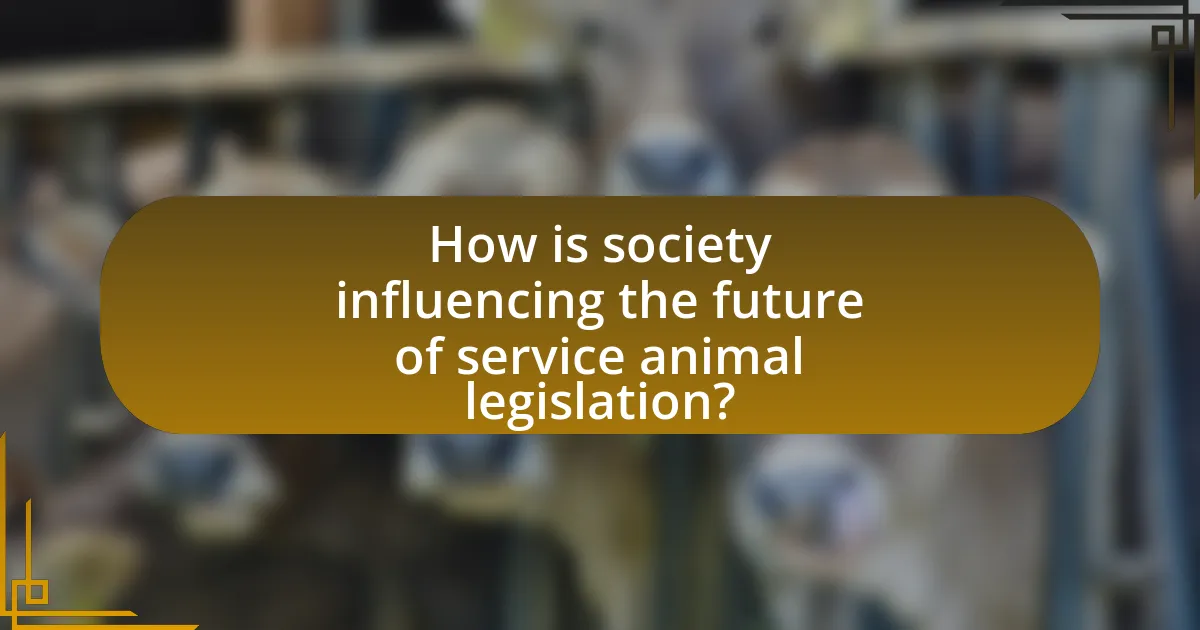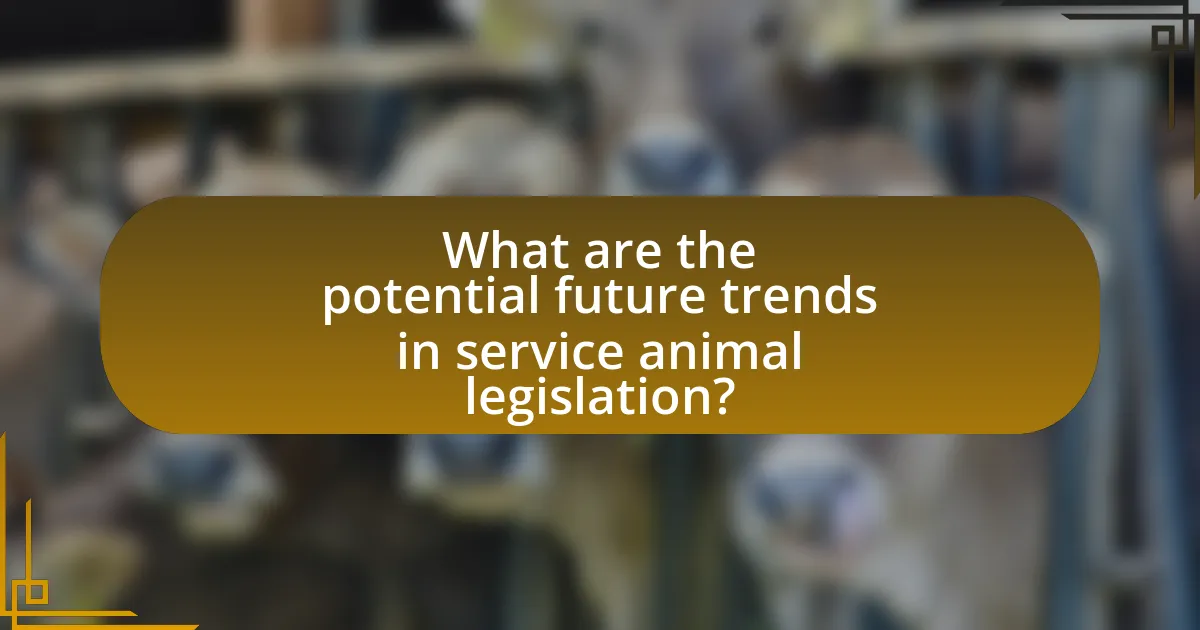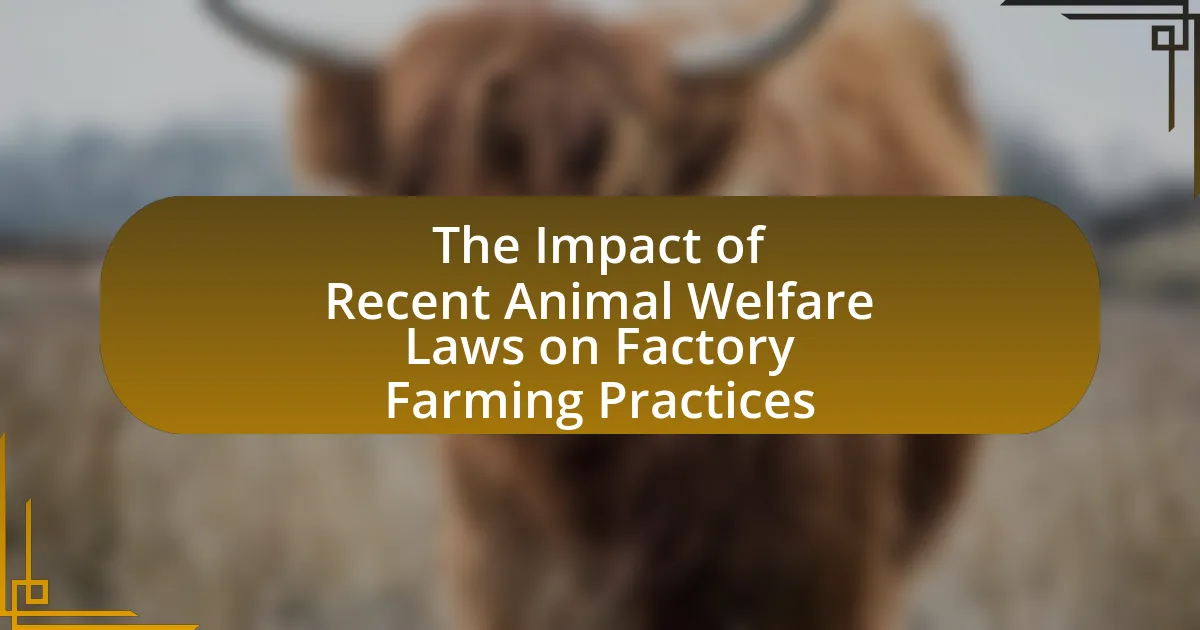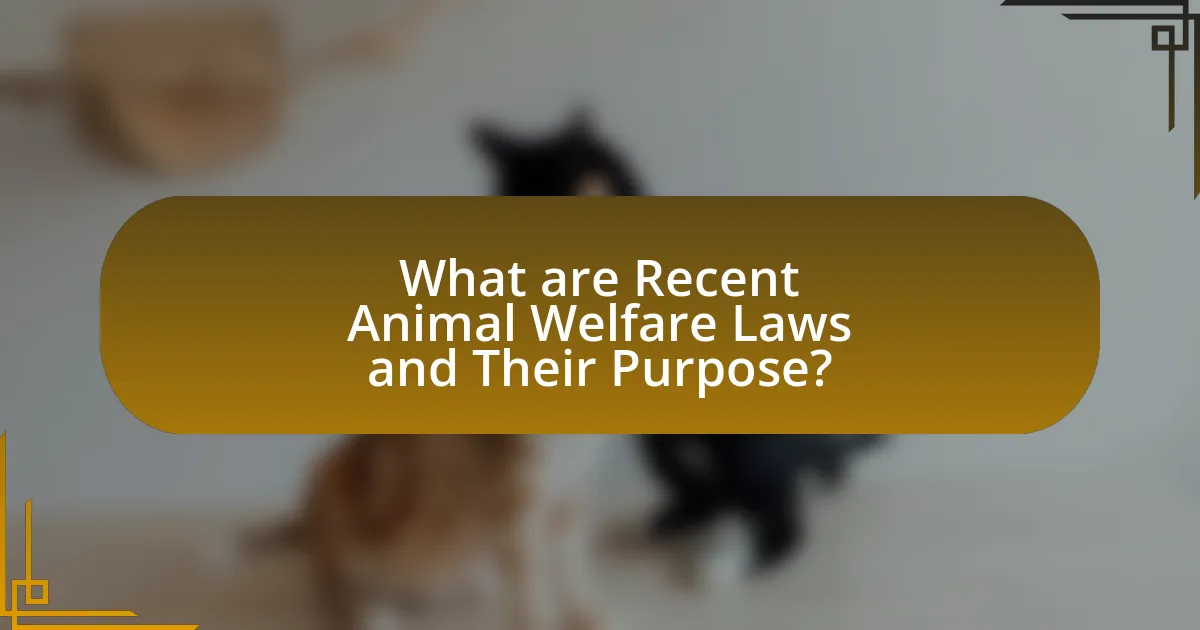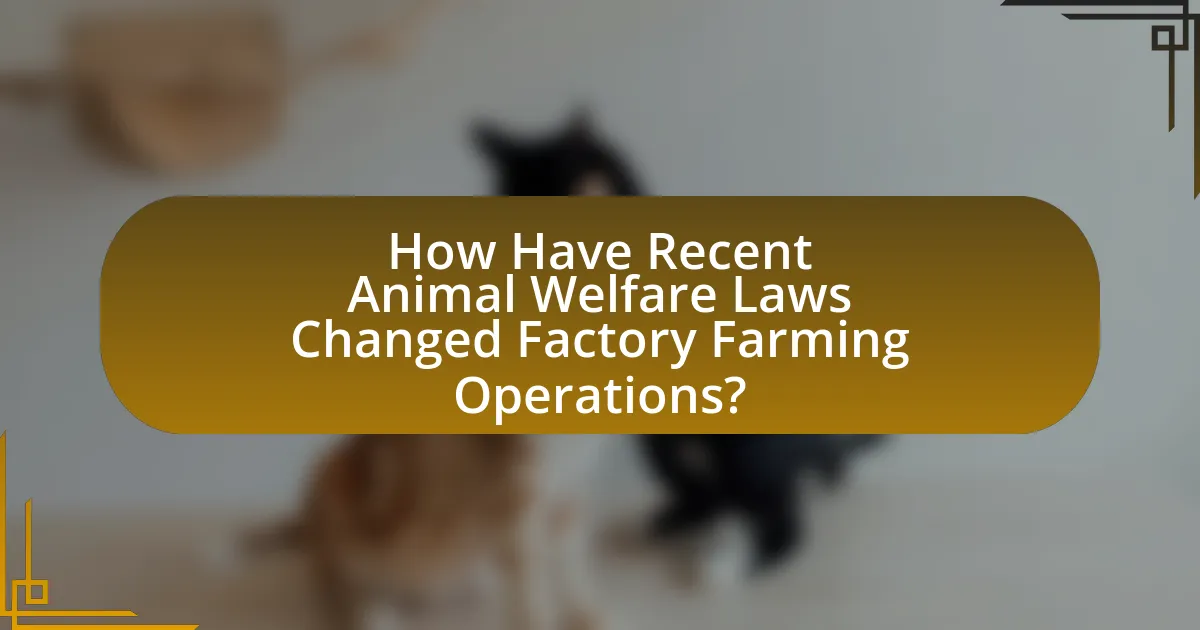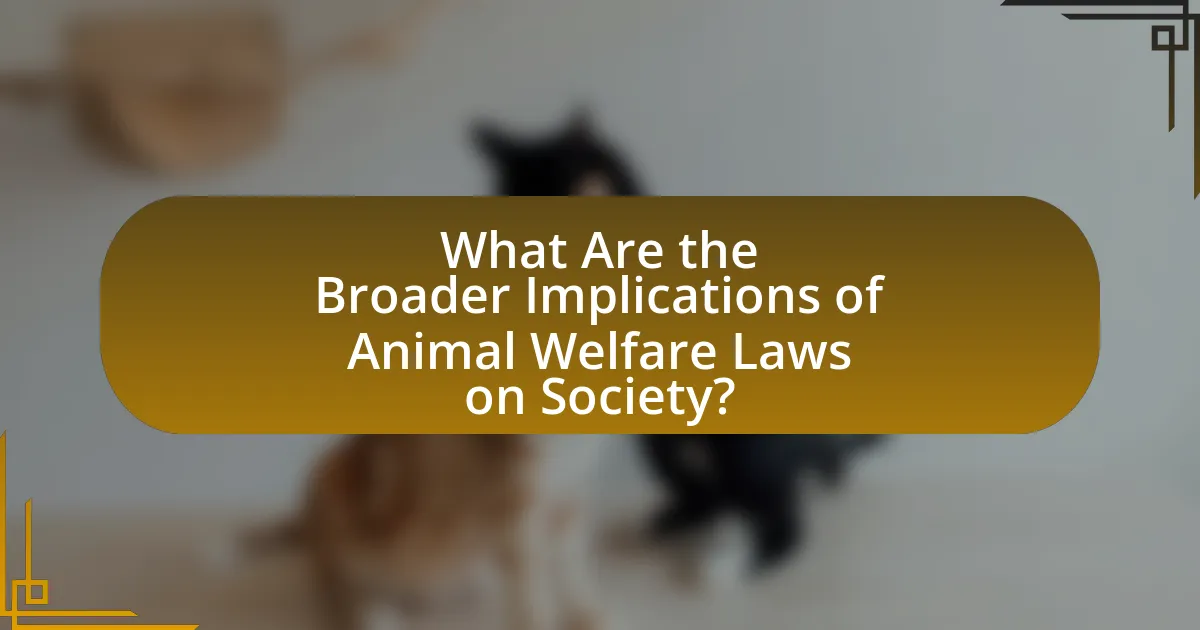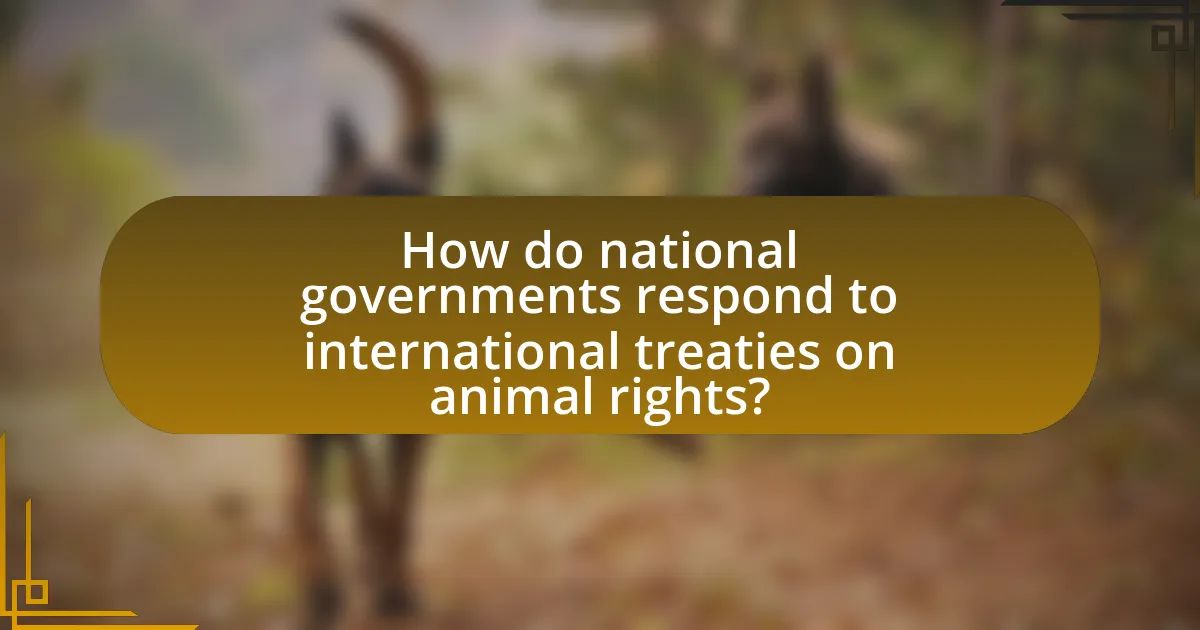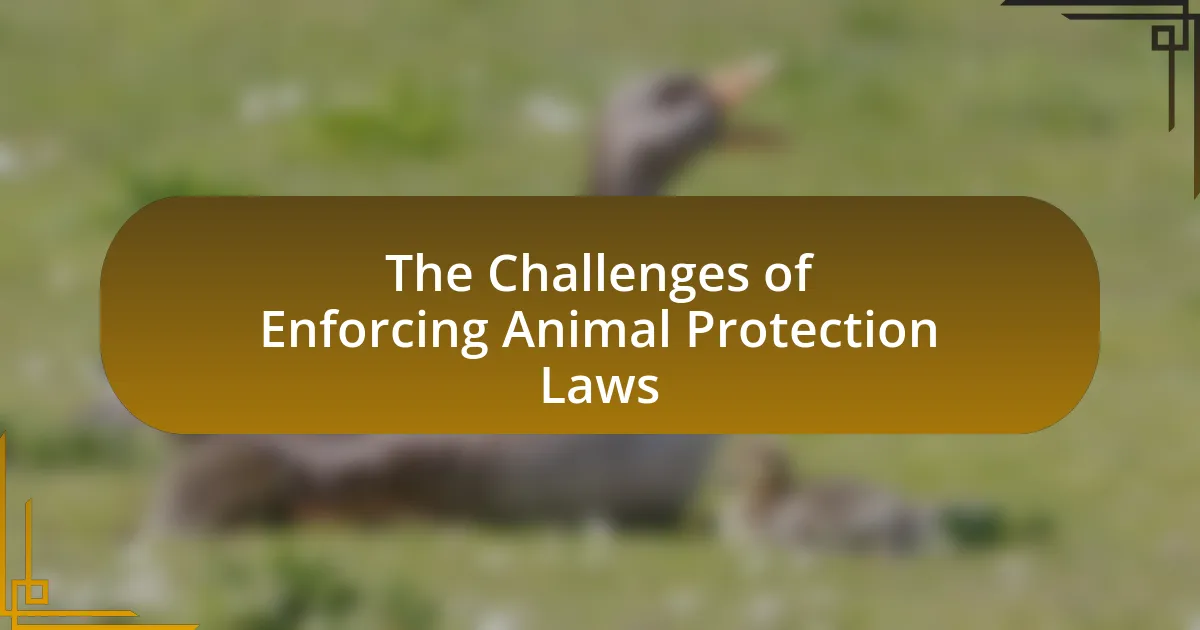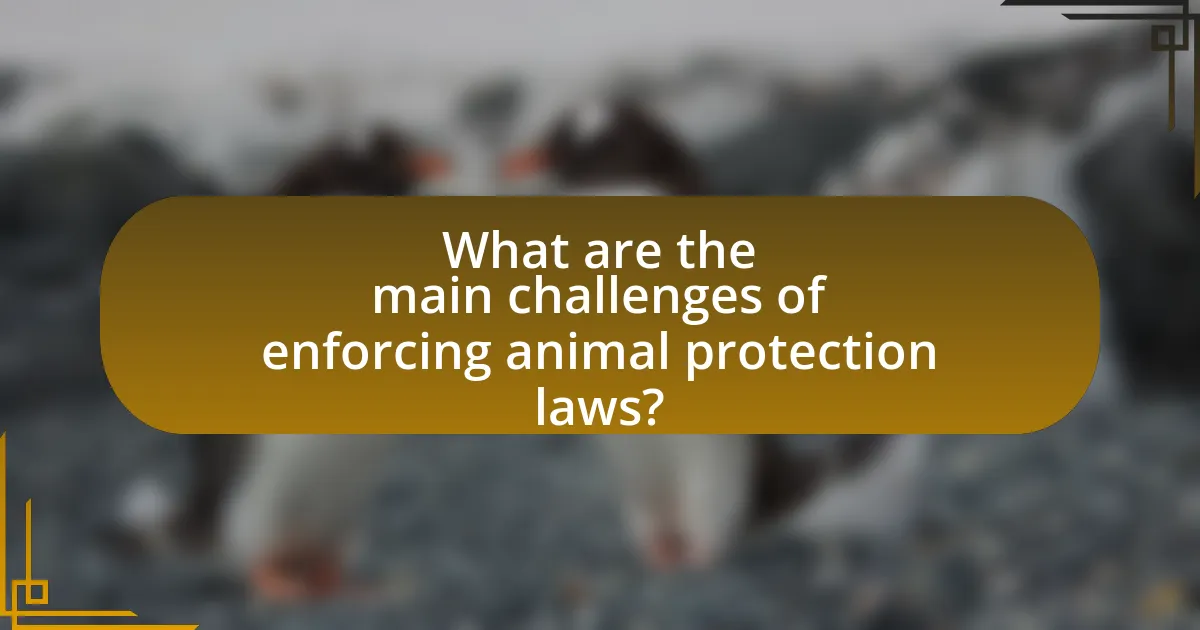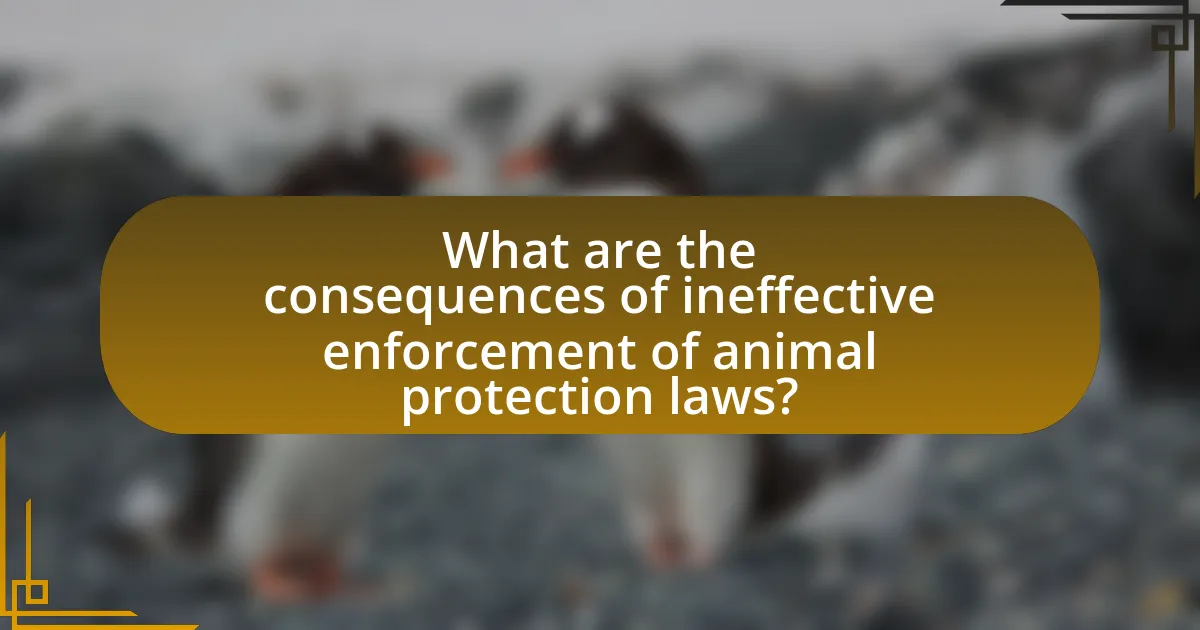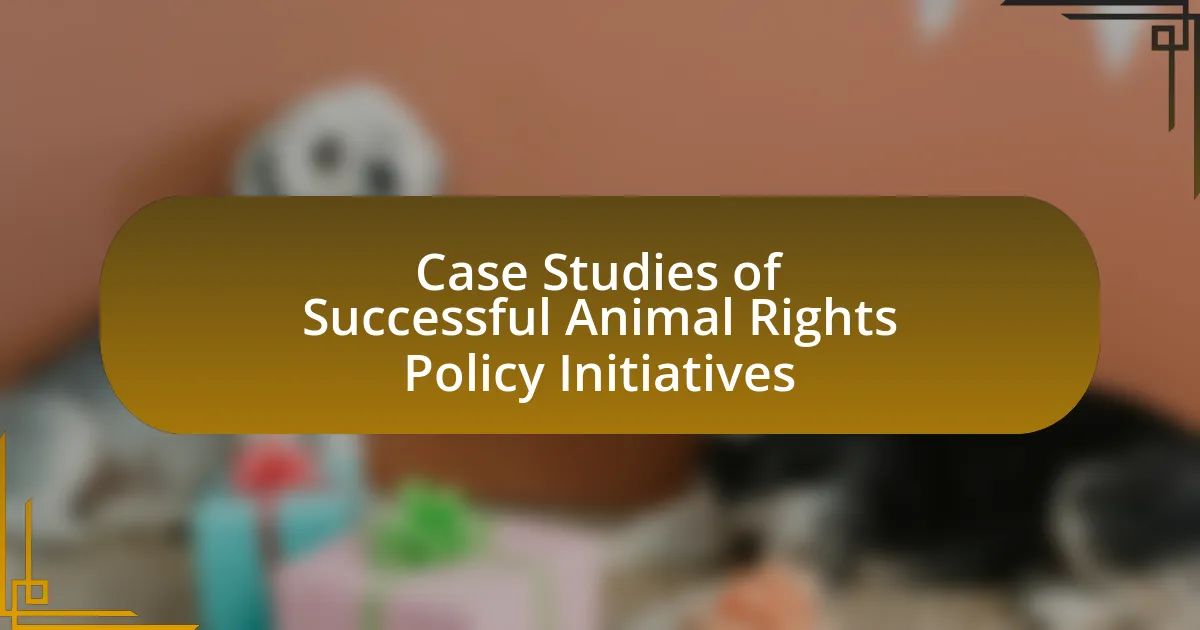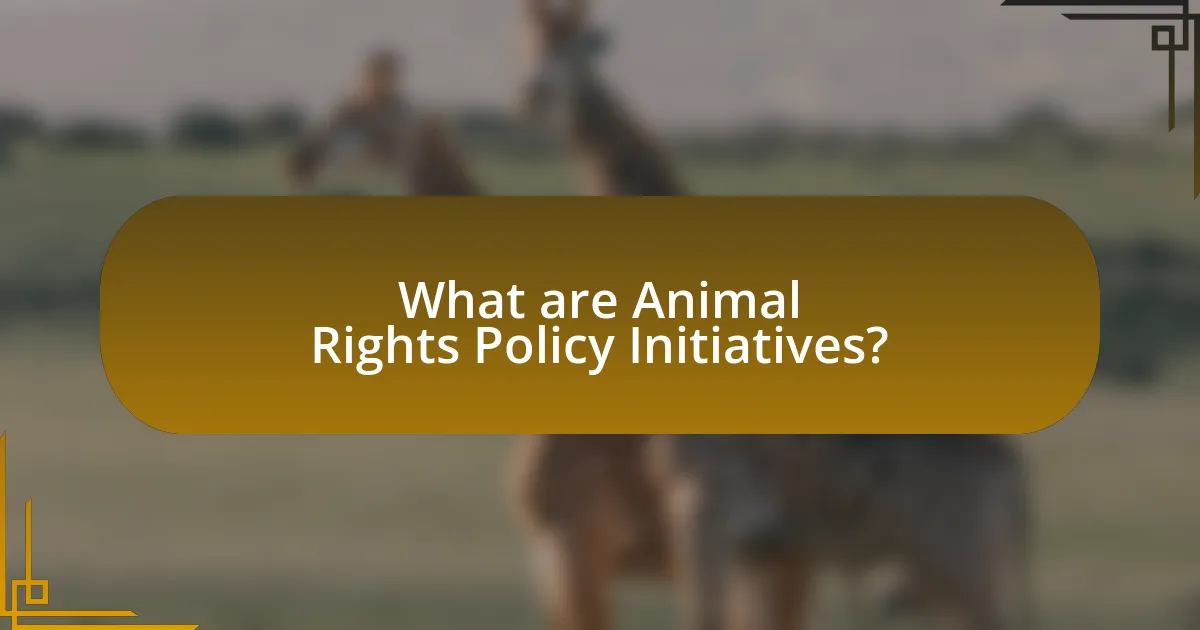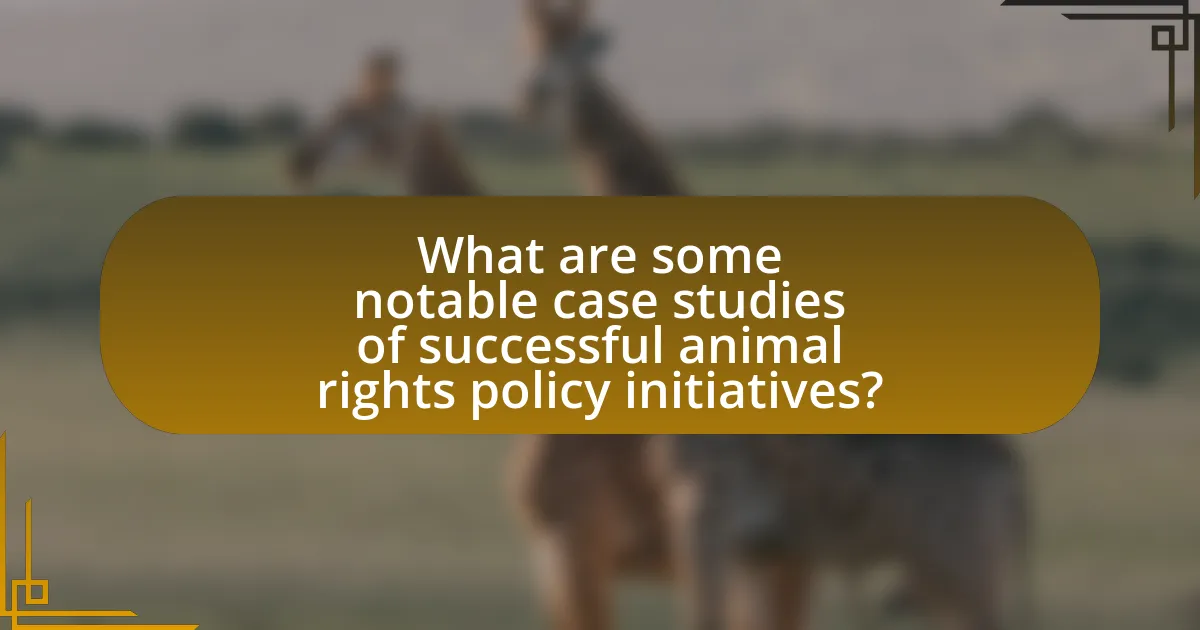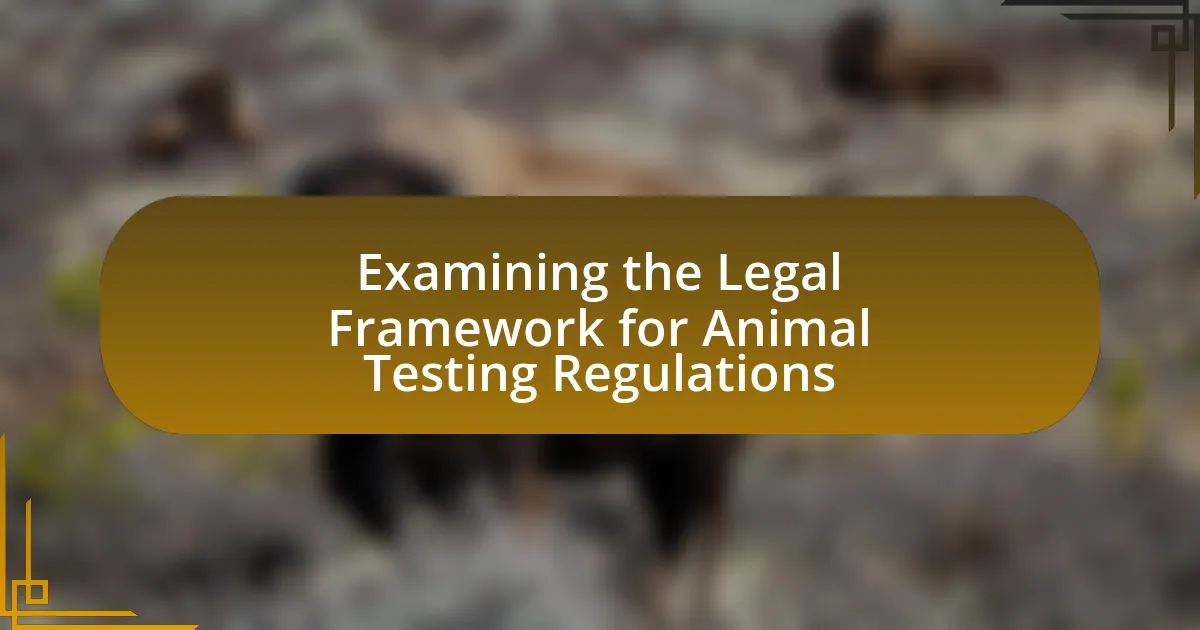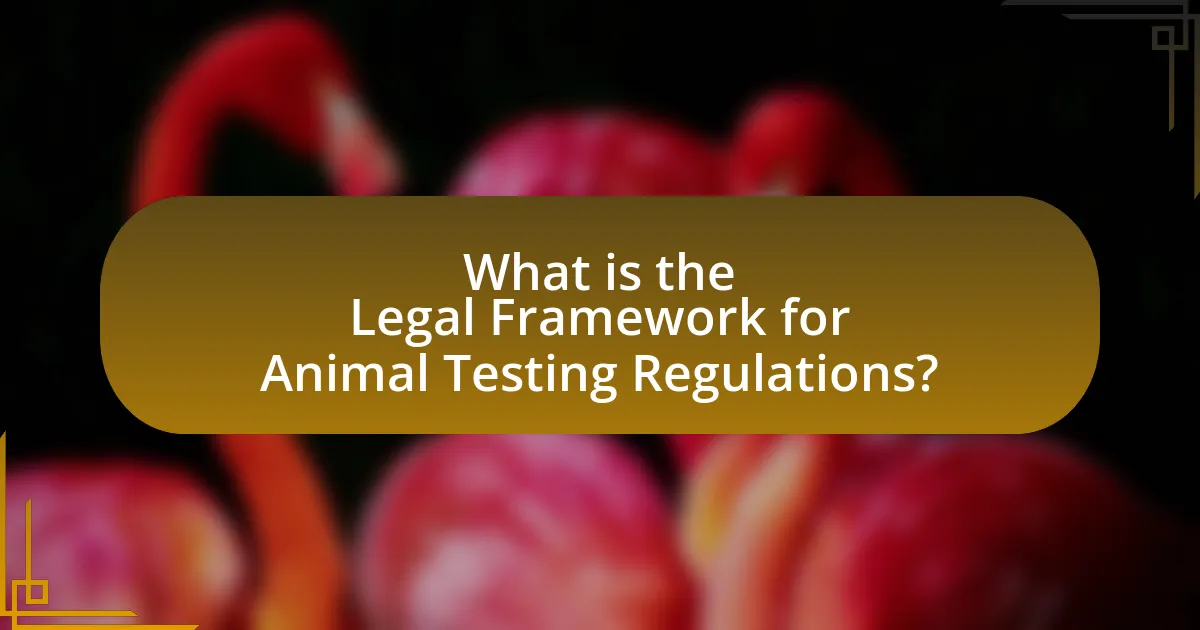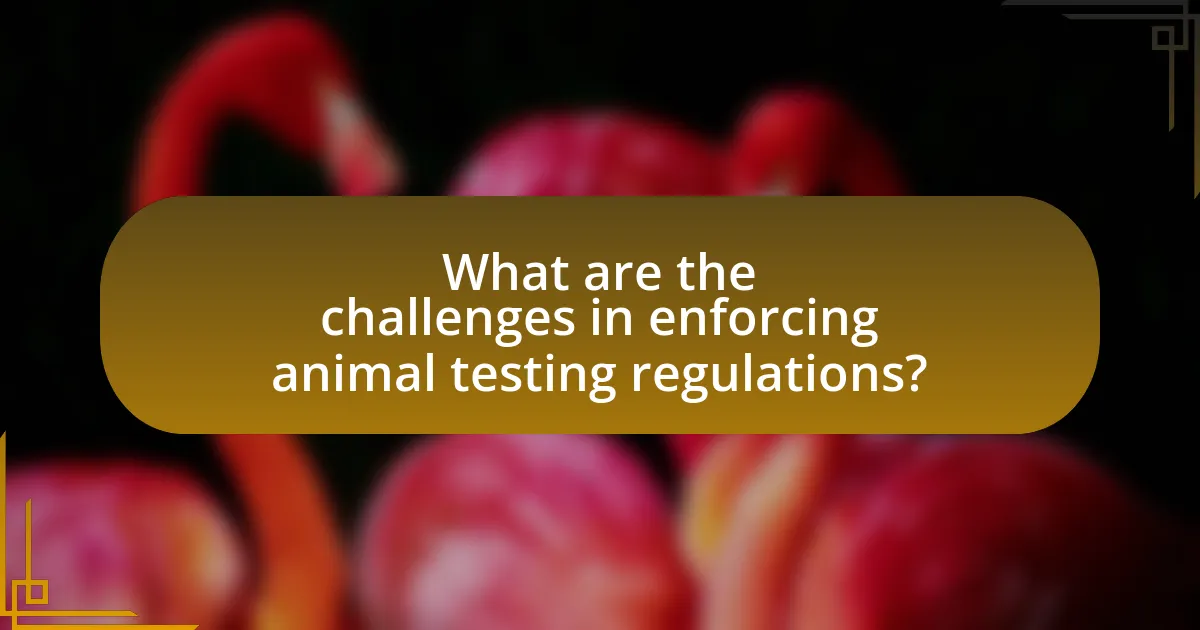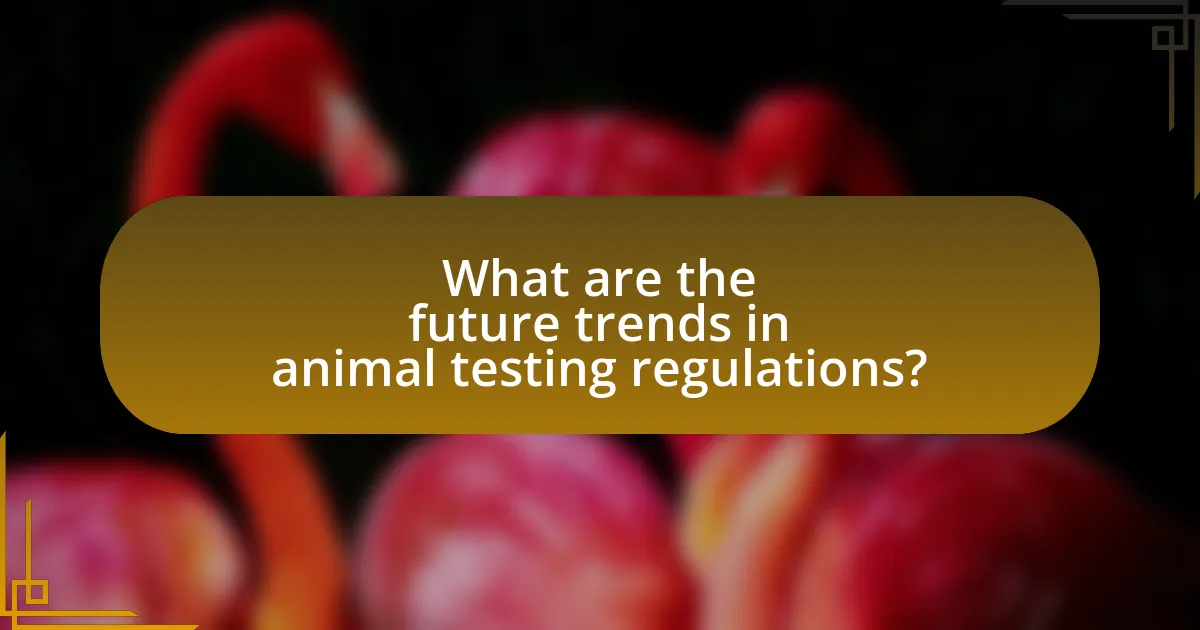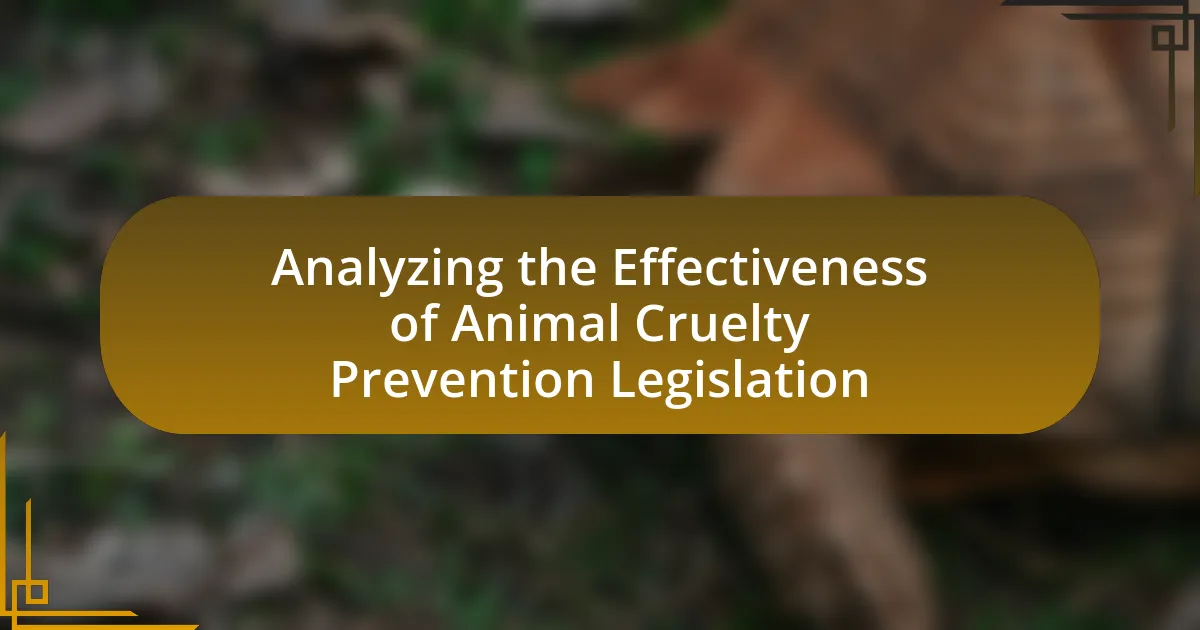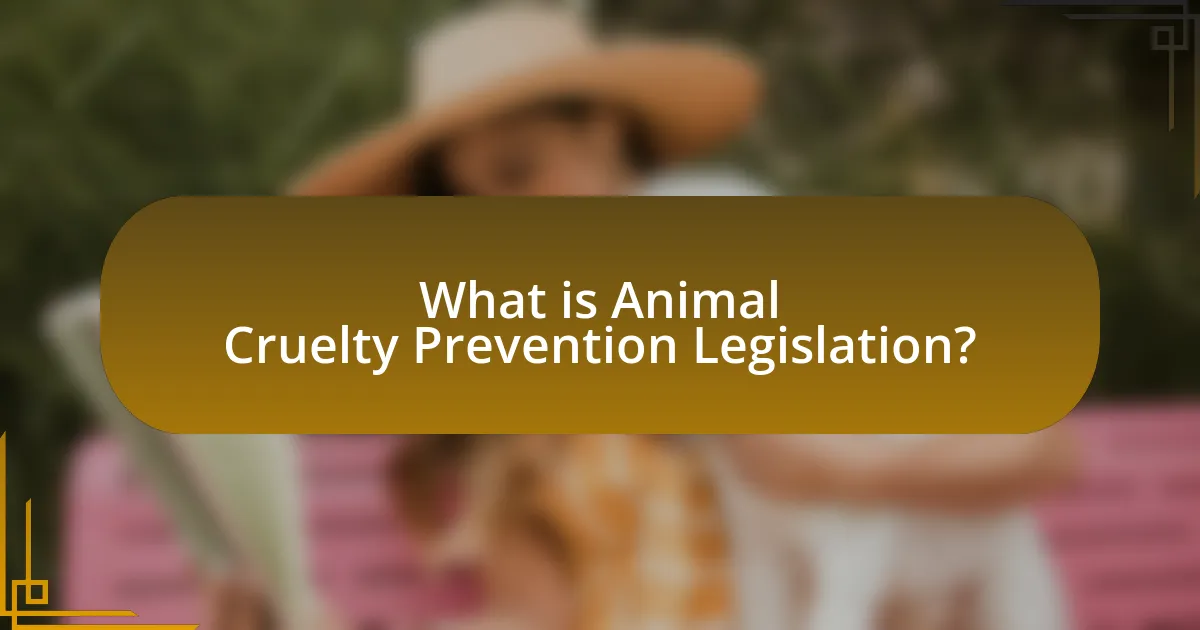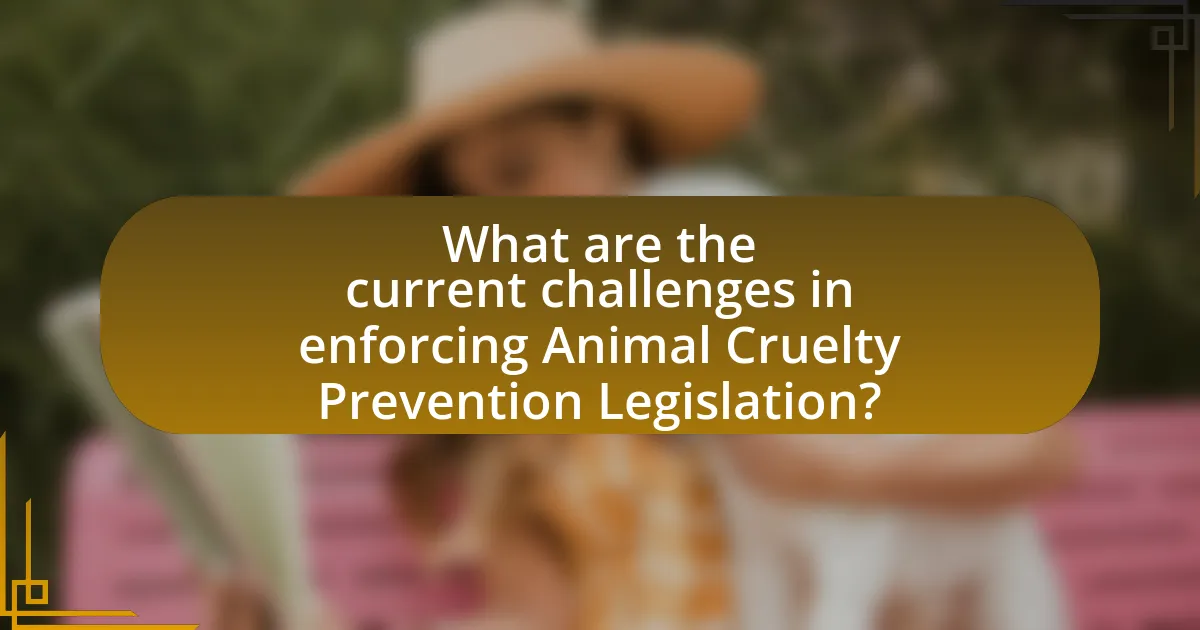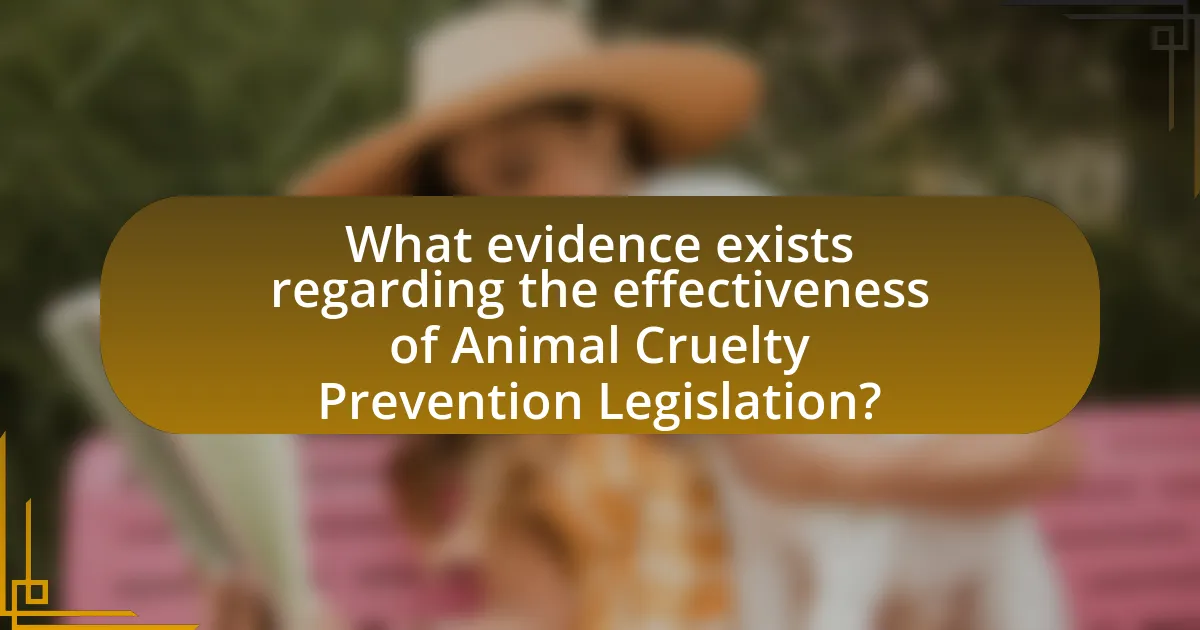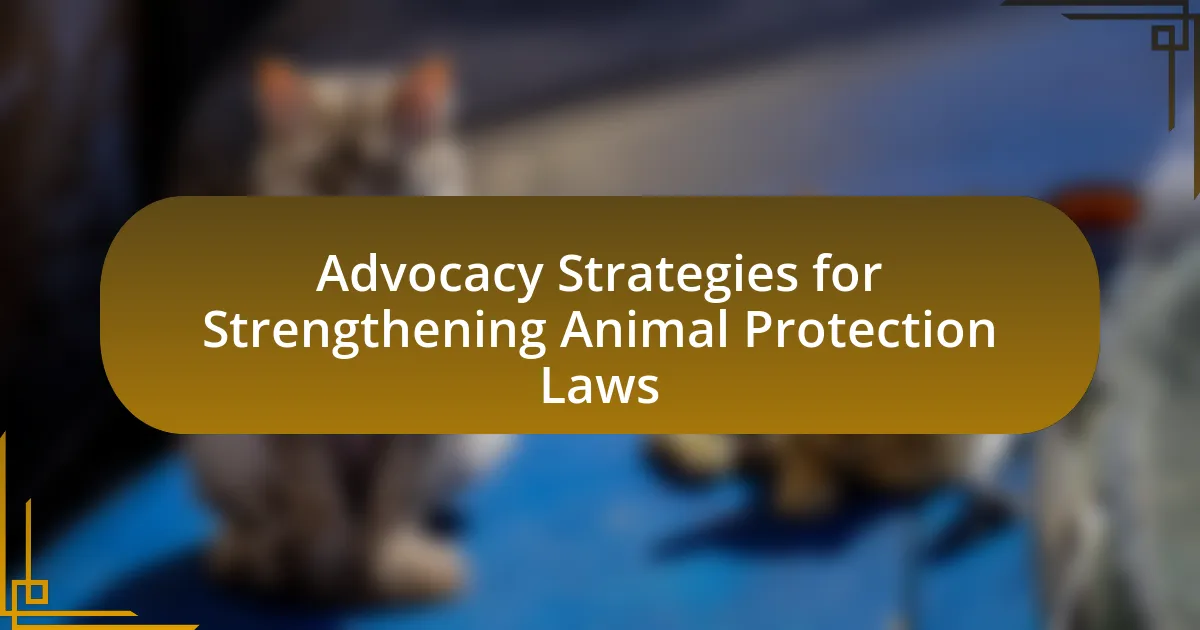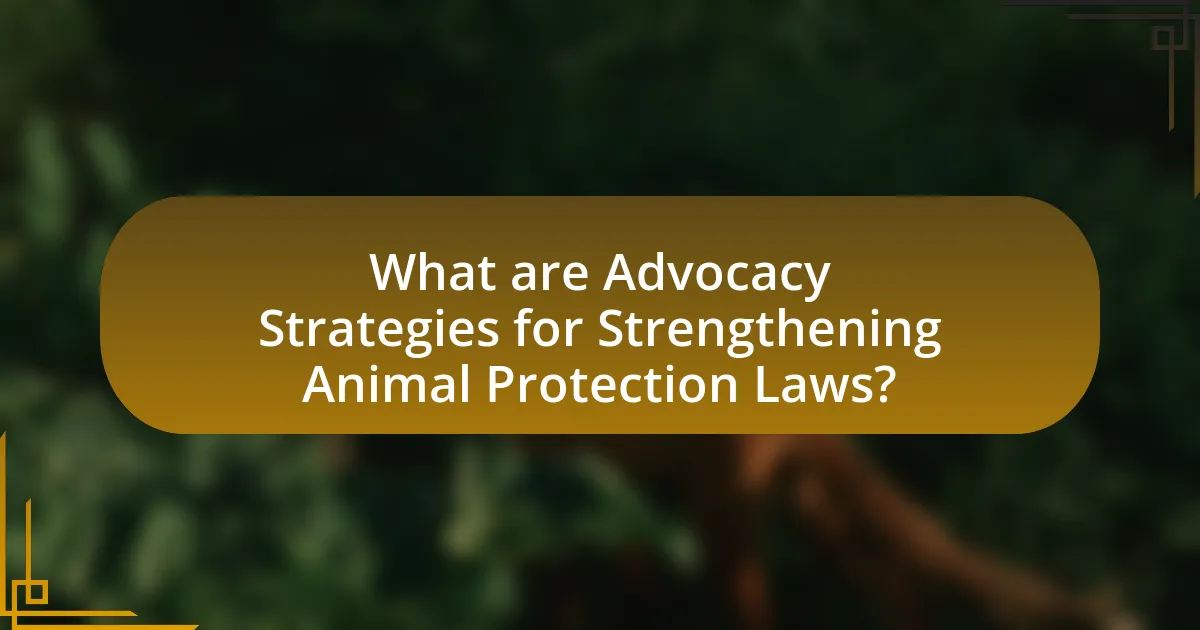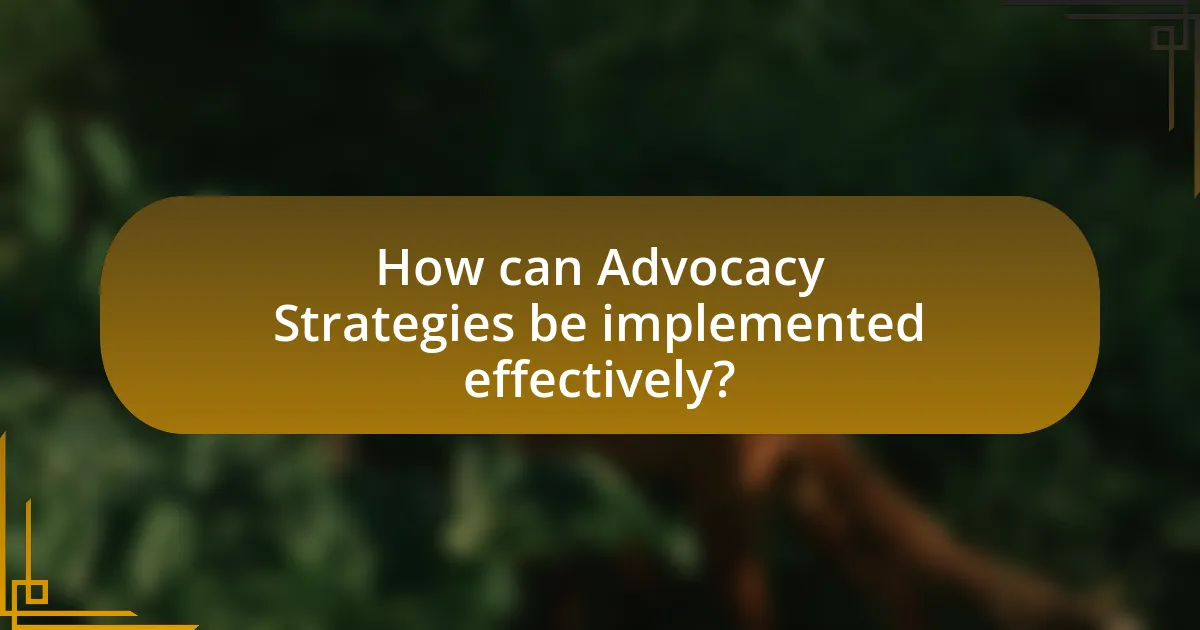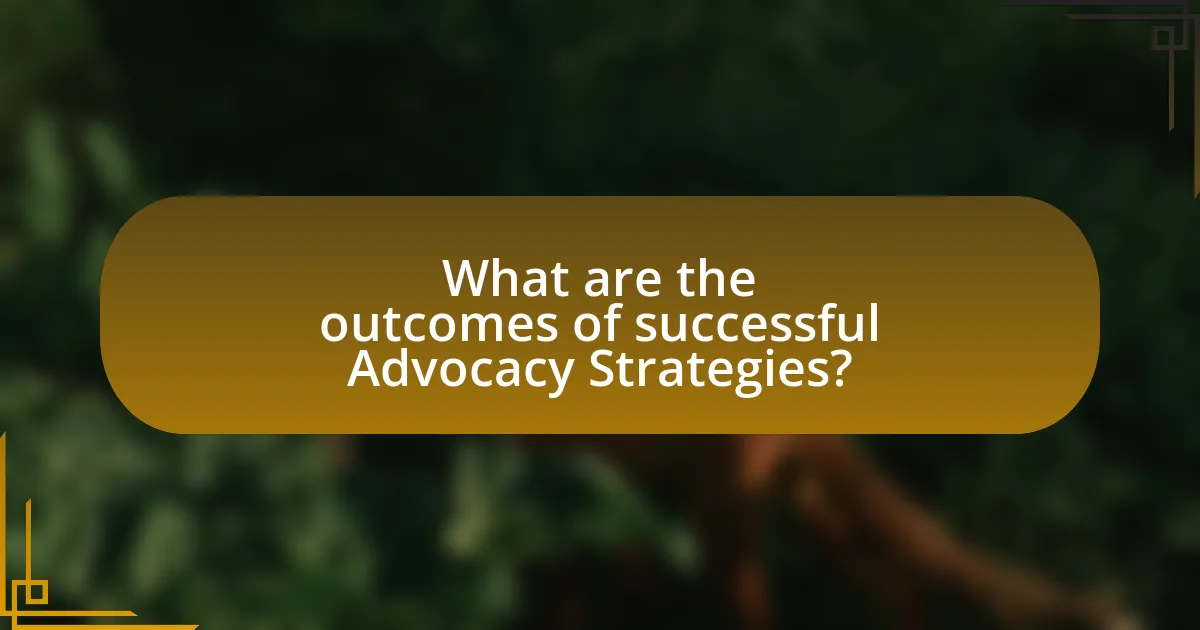Public policy is essential for promoting wildlife conservation efforts by establishing legal frameworks and regulations that protect endangered species and their habitats. Key components of effective wildlife conservation policies include habitat protection, sustainable resource management, community engagement, and scientific research. The article explores how public policy influences conservation initiatives, the challenges faced without such policies, and the importance of funding and incentives. It also discusses best practices for policy-making, the role of technology, and emerging issues that policymakers must address to enhance wildlife conservation in the future.
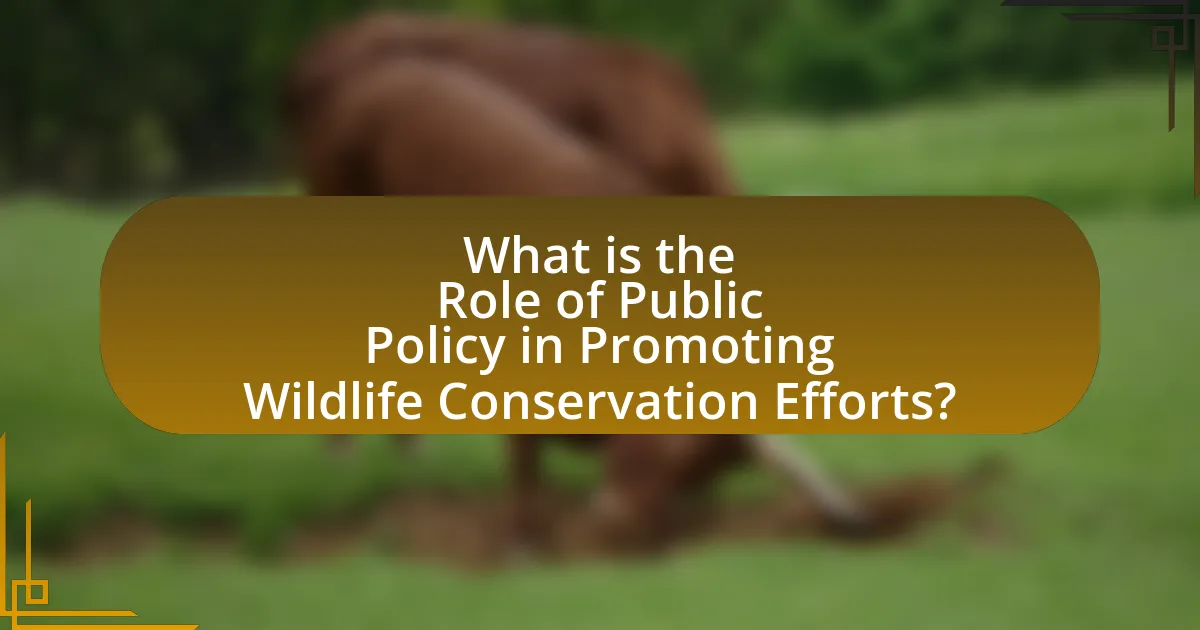
What is the Role of Public Policy in Promoting Wildlife Conservation Efforts?
Public policy plays a crucial role in promoting wildlife conservation efforts by establishing legal frameworks and regulations that protect endangered species and their habitats. These policies often include the creation of protected areas, such as national parks and wildlife reserves, which are essential for preserving biodiversity. For instance, the Endangered Species Act in the United States has been instrumental in preventing the extinction of numerous species by providing federal protection and recovery plans. Additionally, public policies can allocate funding for conservation programs, support research initiatives, and facilitate community engagement in conservation activities, thereby enhancing the effectiveness of wildlife protection measures.
How does public policy influence wildlife conservation initiatives?
Public policy significantly influences wildlife conservation initiatives by establishing legal frameworks, funding mechanisms, and regulatory measures that guide conservation efforts. For instance, policies such as the Endangered Species Act in the United States provide legal protection for threatened species and their habitats, thereby directly impacting conservation strategies. Additionally, public policies can allocate government funding for conservation programs, as seen in the European Union’s LIFE program, which supports environmental and conservation projects across member states. These policies create incentives for sustainable practices and enforce penalties for violations, thereby shaping the effectiveness and direction of wildlife conservation initiatives.
What are the key components of effective wildlife conservation policies?
Effective wildlife conservation policies include habitat protection, sustainable resource management, legal frameworks, community engagement, and scientific research. Habitat protection ensures that ecosystems remain intact, which is vital for species survival; for instance, the establishment of protected areas has been shown to increase biodiversity. Sustainable resource management balances human needs with wildlife conservation, as seen in practices like regulated hunting and fishing that prevent overexploitation. Legal frameworks provide the necessary regulations and enforcement mechanisms to protect endangered species, exemplified by the Endangered Species Act in the United States. Community engagement fosters local support and participation in conservation efforts, which has proven effective in initiatives like community-based wildlife management in Namibia. Lastly, scientific research informs policy decisions and conservation strategies, as evidenced by studies that track species populations and habitat health, guiding adaptive management practices.
How do these components interact to support conservation goals?
Public policy components, such as regulations, funding, and community engagement, interact synergistically to support wildlife conservation goals. Regulations establish legal frameworks that protect endangered species and habitats, while funding provides the necessary resources for conservation programs and research. Community engagement fosters local stewardship and awareness, ensuring that conservation efforts are supported by those directly affected. For instance, the Endangered Species Act in the United States has led to the recovery of several species by enforcing habitat protection and involving local communities in conservation initiatives. This multi-faceted approach enhances the effectiveness of conservation strategies, leading to measurable improvements in biodiversity and ecosystem health.
Why is public policy essential for wildlife conservation?
Public policy is essential for wildlife conservation because it establishes legal frameworks and regulations that protect endangered species and their habitats. Effective public policies, such as the Endangered Species Act in the United States, provide mechanisms for habitat preservation, species recovery plans, and funding for conservation initiatives. These policies are backed by scientific research demonstrating that structured legal protections lead to measurable improvements in wildlife populations and biodiversity, as seen in the recovery of species like the American bald eagle and the gray wolf.
What challenges do wildlife conservation efforts face without public policy?
Wildlife conservation efforts face significant challenges without public policy, primarily due to a lack of regulatory frameworks that protect habitats and species. Without public policy, there is insufficient funding and support for conservation initiatives, leading to inadequate resources for research, monitoring, and enforcement of conservation measures. Additionally, the absence of legal protections allows for increased poaching and habitat destruction, as there are no laws to deter these activities. For instance, the International Union for Conservation of Nature reports that over 1 million species are at risk of extinction, highlighting the urgent need for structured policies to address these threats effectively.
How can public policy address these challenges effectively?
Public policy can effectively address wildlife conservation challenges by implementing regulations that protect habitats, enforce anti-poaching laws, and promote sustainable land use practices. For instance, the establishment of protected areas, such as national parks, has been shown to significantly reduce habitat loss and species extinction rates. According to a study published in “Nature” by Geldmann et al. (2019), protected areas worldwide have contributed to the conservation of over 1,500 species, demonstrating the effectiveness of policy-driven conservation efforts. Additionally, public policies that incentivize community involvement in conservation, such as eco-tourism initiatives, can enhance local economies while fostering stewardship of wildlife resources.
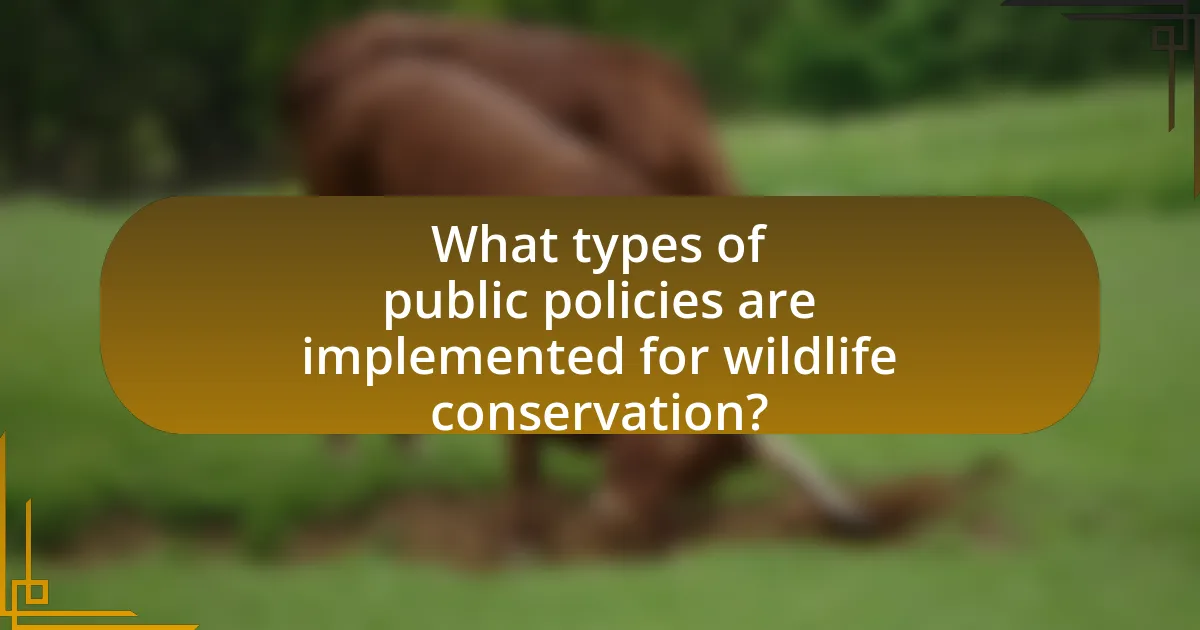
What types of public policies are implemented for wildlife conservation?
Public policies implemented for wildlife conservation include protected area designations, species protection laws, habitat restoration initiatives, and wildlife management regulations. Protected area designations, such as national parks and wildlife reserves, safeguard critical habitats and biodiversity. Species protection laws, like the Endangered Species Act in the United States, provide legal frameworks to prevent extinction and promote recovery of threatened species. Habitat restoration initiatives aim to rehabilitate degraded ecosystems, enhancing their capacity to support wildlife. Wildlife management regulations govern hunting, fishing, and land use practices to ensure sustainable populations and ecosystems. These policies are essential for maintaining biodiversity and ecological balance, as evidenced by the increase in protected areas globally, which reached over 15% of terrestrial and inland water areas by 2020, according to the World Database on Protected Areas.
How do regulatory policies impact wildlife protection?
Regulatory policies significantly enhance wildlife protection by establishing legal frameworks that govern the conservation of species and habitats. These policies, such as the Endangered Species Act in the United States, provide mechanisms for the identification and protection of threatened species, ensuring that their habitats are preserved and that human activities do not jeopardize their survival. For instance, the implementation of such regulations has led to the recovery of species like the American bald eagle, which was once on the brink of extinction due to habitat loss and pesticide use. By enforcing penalties for violations and promoting sustainable practices, regulatory policies create a structured approach to wildlife conservation, ultimately leading to healthier ecosystems and biodiversity preservation.
What specific regulations are most effective in conserving endangered species?
The most effective regulations in conserving endangered species include the Endangered Species Act (ESA) in the United States, which provides a framework for the protection of threatened and endangered species and their habitats. The ESA has successfully led to the recovery of several species, such as the bald eagle and the American alligator, by prohibiting actions that harm these species and promoting habitat conservation. Additionally, international agreements like the Convention on International Trade in Endangered Species of Wild Fauna and Flora (CITES) regulate trade in endangered species, helping to prevent over-exploitation. These regulations are supported by scientific research demonstrating their effectiveness in reducing extinction rates and promoting biodiversity.
How do enforcement mechanisms support these regulations?
Enforcement mechanisms support wildlife conservation regulations by ensuring compliance and deterring violations. These mechanisms include legal frameworks, penalties for non-compliance, and monitoring systems that hold individuals and organizations accountable for their actions. For instance, the Endangered Species Act in the United States employs fines and imprisonment as penalties for illegal hunting or habitat destruction, which has led to increased protection for numerous species. Additionally, the presence of enforcement agencies, such as wildlife rangers, enhances the effectiveness of these regulations by actively monitoring protected areas and responding to illegal activities. This structured approach to enforcement not only reinforces the importance of conservation laws but also fosters a culture of respect for wildlife protection among the public.
What role do funding and incentives play in wildlife conservation policies?
Funding and incentives are crucial in wildlife conservation policies as they provide the necessary financial resources and motivation for effective implementation. These financial mechanisms enable governments and organizations to support conservation projects, such as habitat restoration and species protection, which are essential for maintaining biodiversity. For instance, the Global Environment Facility has invested over $17 billion in biodiversity projects since its inception, demonstrating the significant impact of funding on conservation efforts. Additionally, incentives like tax breaks or grants encourage private landowners to engage in conservation practices, further enhancing the effectiveness of wildlife policies.
How can financial incentives encourage private landowners to participate in conservation?
Financial incentives can encourage private landowners to participate in conservation by providing monetary rewards or tax benefits that offset the costs associated with conservation practices. These incentives can include payments for ecosystem services, grants for habitat restoration, or tax deductions for land set aside for conservation. For example, programs like the Conservation Reserve Program in the United States have successfully incentivized landowners to convert environmentally sensitive land into conservation areas, resulting in improved biodiversity and ecosystem health. Studies show that financial incentives significantly increase landowner participation in conservation efforts, as they reduce the economic burden and enhance the perceived value of maintaining natural habitats.
What are the sources of funding for wildlife conservation initiatives?
Wildlife conservation initiatives are primarily funded through government grants, private donations, non-profit organizations, and international aid. Government grants often come from environmental agencies that allocate budgets specifically for conservation projects, while private donations can be sourced from individuals or corporations committed to environmental sustainability. Non-profit organizations, such as the World Wildlife Fund, actively raise funds through campaigns and partnerships to support various conservation efforts. Additionally, international aid from entities like the United Nations or global environmental funds provides financial resources for conservation initiatives in developing countries. These funding sources are crucial for implementing effective wildlife conservation strategies and ensuring the protection of biodiversity.
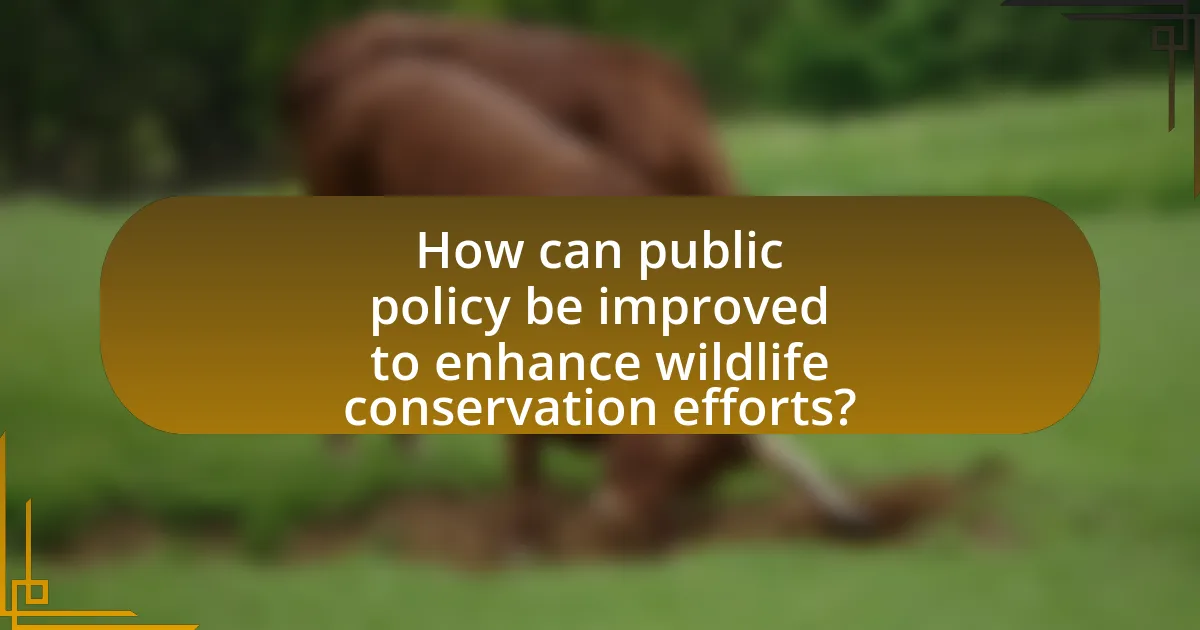
How can public policy be improved to enhance wildlife conservation efforts?
Public policy can be improved to enhance wildlife conservation efforts by integrating science-based decision-making and stakeholder engagement into policy frameworks. Effective policies should prioritize habitat protection, enforce stricter regulations against poaching, and allocate funding for conservation programs. For instance, the Endangered Species Act in the United States has successfully contributed to the recovery of several species by mandating federal protection and habitat conservation, demonstrating the effectiveness of robust legal frameworks. Additionally, policies that promote community involvement, such as incentivizing local stewardship and sustainable practices, can lead to more effective conservation outcomes, as evidenced by successful community-based conservation initiatives in countries like Namibia.
What best practices can be adopted in wildlife conservation policy-making?
Best practices in wildlife conservation policy-making include stakeholder engagement, evidence-based decision-making, and adaptive management. Stakeholder engagement ensures that local communities, conservationists, and policymakers collaborate, fostering support and compliance with conservation initiatives. Evidence-based decision-making relies on scientific research and data to inform policies, enhancing their effectiveness; for instance, the use of population data can guide species protection efforts. Adaptive management allows policies to evolve based on monitoring and evaluation, ensuring responsiveness to changing ecological conditions, as demonstrated by the success of the U.S. Endangered Species Act, which has led to the recovery of several species through iterative policy adjustments.
How can stakeholder engagement improve policy outcomes?
Stakeholder engagement can improve policy outcomes by ensuring that diverse perspectives and expertise are incorporated into the decision-making process. This inclusion leads to more informed policies that address the needs and concerns of various groups, ultimately enhancing the effectiveness and acceptance of the policies. For instance, research by the World Resources Institute indicates that inclusive stakeholder engagement in environmental policy can lead to better compliance and more sustainable outcomes, as stakeholders are more likely to support policies they helped shape.
What role does scientific research play in shaping effective policies?
Scientific research plays a crucial role in shaping effective policies by providing evidence-based insights that inform decision-making processes. Policymakers rely on scientific findings to understand ecological dynamics, assess the impact of human activities on wildlife, and evaluate the effectiveness of conservation strategies. For instance, studies published in journals like “Conservation Biology” demonstrate how data on species population trends can guide habitat protection efforts, ensuring that policies are grounded in empirical evidence rather than assumptions. This reliance on scientific research enhances the credibility and effectiveness of policies aimed at wildlife conservation, ultimately leading to better outcomes for biodiversity preservation.
What are the future trends in public policy for wildlife conservation?
Future trends in public policy for wildlife conservation include increased integration of technology, enhanced collaboration across sectors, and a focus on climate resilience. Policymakers are increasingly utilizing data analytics and remote sensing technologies to monitor wildlife populations and habitats, which allows for more informed decision-making. Collaborative efforts between governments, NGOs, and local communities are becoming essential for effective conservation strategies, as seen in initiatives like the Global Biodiversity Framework adopted by the Convention on Biological Diversity. Additionally, policies are increasingly addressing the impacts of climate change on wildlife, promoting adaptive management practices to ensure species survival in changing environments. These trends reflect a shift towards more holistic and adaptive approaches in wildlife conservation policy.
How is technology influencing wildlife conservation policies?
Technology is significantly influencing wildlife conservation policies by enhancing data collection, monitoring, and enforcement capabilities. For instance, satellite imagery and drones provide real-time data on wildlife populations and habitat changes, enabling policymakers to make informed decisions. Additionally, mobile applications facilitate community engagement and reporting of illegal activities, which supports law enforcement efforts. A study published in the journal “Conservation Biology” highlights that the use of GPS tracking has improved the management of endangered species by allowing for better understanding of their movements and behaviors, thus informing protective measures. These technological advancements are reshaping conservation strategies and policies to be more effective and responsive to ecological needs.
What emerging issues should policymakers address in the coming years?
Policymakers should address the increasing threats of habitat loss, climate change, and biodiversity decline in the coming years. Habitat loss, driven by urbanization and agriculture, has led to significant declines in wildlife populations; for instance, the World Wildlife Fund reported that global wildlife populations have decreased by an average of 68% since 1970. Climate change exacerbates these issues by altering ecosystems and species distributions, making it essential for policymakers to implement adaptive strategies. Additionally, the ongoing decline in biodiversity, highlighted by the Intergovernmental Science-Policy Platform on Biodiversity and Ecosystem Services, necessitates urgent action to protect endangered species and their habitats. Addressing these emerging issues is critical for effective wildlife conservation and sustainable ecosystem management.
What practical steps can individuals take to support wildlife conservation through public policy?
Individuals can support wildlife conservation through public policy by actively engaging in advocacy efforts, such as contacting legislators to express support for conservation initiatives. This engagement can influence policy decisions, as studies show that public opinion significantly impacts legislative action. Additionally, individuals can participate in local conservation organizations that lobby for wildlife-friendly policies, thereby amplifying their voice and impact. Supporting ballot measures that fund conservation programs is another practical step, as evidenced by the success of initiatives like California’s Proposition 68, which allocated $4 billion for parks and conservation. Lastly, educating others about the importance of wildlife conservation can create a more informed electorate that prioritizes environmental issues in public policy discussions.
